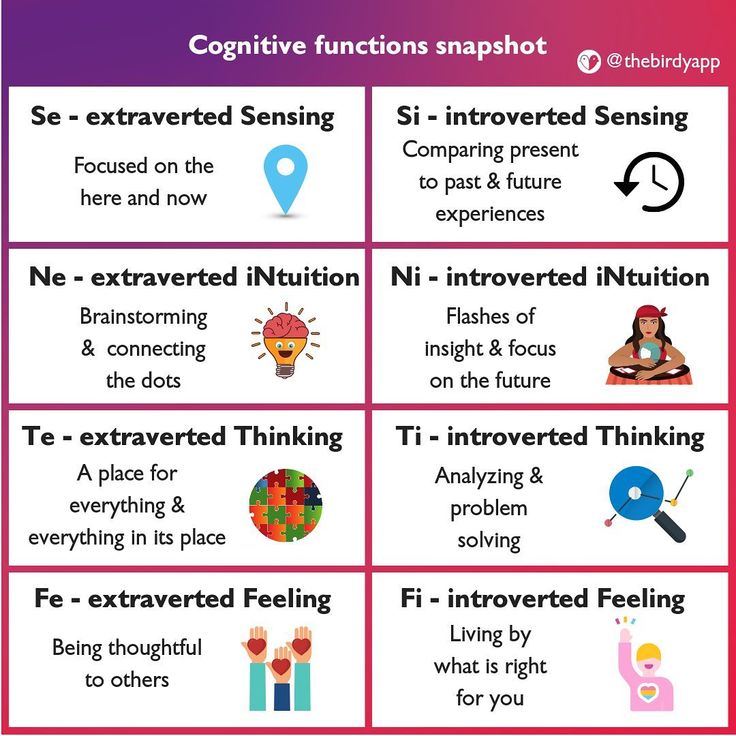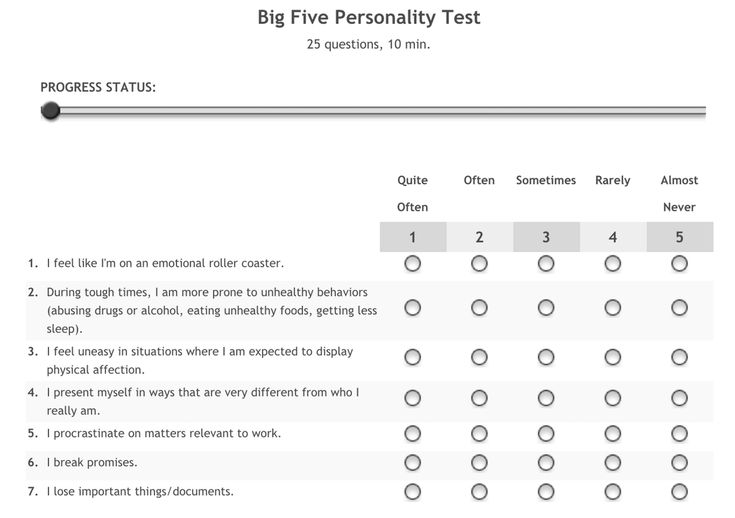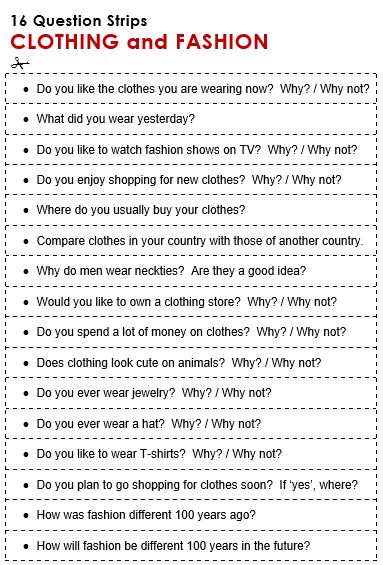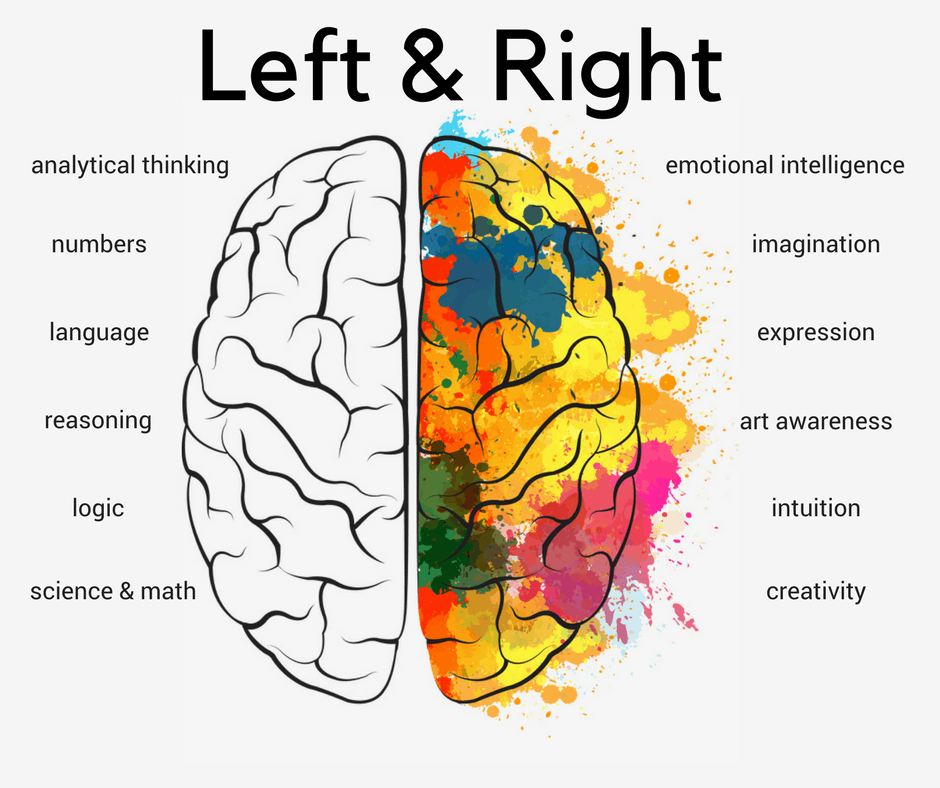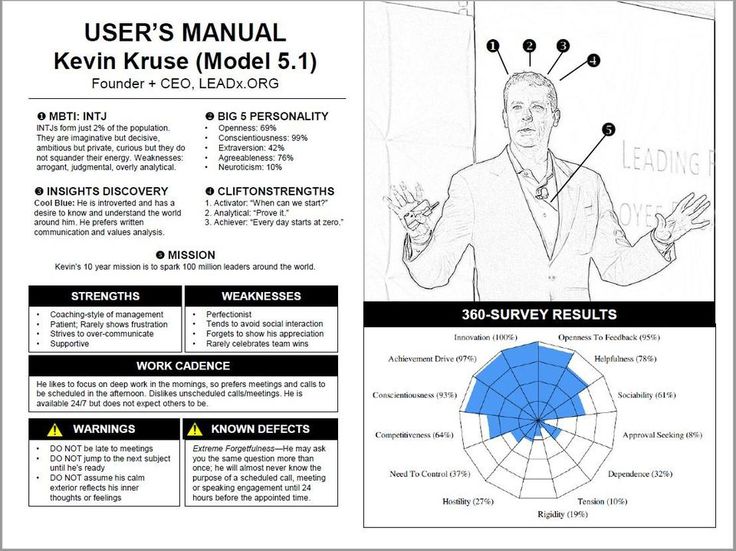Types of cognitive
What is Cognition? Types of Cognitive Processes.
What is Cognition?Cognition is that process of the brain that helps you understand, acknowledge, and comprehend various tits and bits of information. The information is thus stored in your brain by the process including, but not limited to knowing, remembering, judging, and problem solving. In this blog, we are going to know what is cognition, and the types of cognitive process.
Cognitive PsychologyThe branch of psychology that deals with the understanding, functioning and analysis of the cognitive part of the brain is known as Cognitive Psychology. So basically, the study of the branch of Cognition part of the brain is known as Cognitive Psychology.
Types of Cognitive ProcessThe types of Cognitive Processes that exist are:
- Attention: For activities that require persistent thinking and pondering over any subject or object, attention is required.
The activity is triggered when a specific stimulus in the brain is hit.
- Language: Understanding based on thinking or listening and then deciding what to respond verbally or orally is done via language. The part of brain that’s responsible for language is the one that helps in communication.
- Learning: The part of the brain that’s constantly gulping down new pieces of information, and storing it comes from the Learning Cognitive Process.
- Memory: Memory is an important aspect of cognitive process that not only stores the information, but makes it readily available throughout our lives.
- Perception: The part of the brain that is working towards forming a sense based on the knowledge and information you have about it.
- Thought: The process of decision making, problem solving, and higher reasoning is all done through Thought Cognitive Process.
So, these are the different types of Cognitive Processes.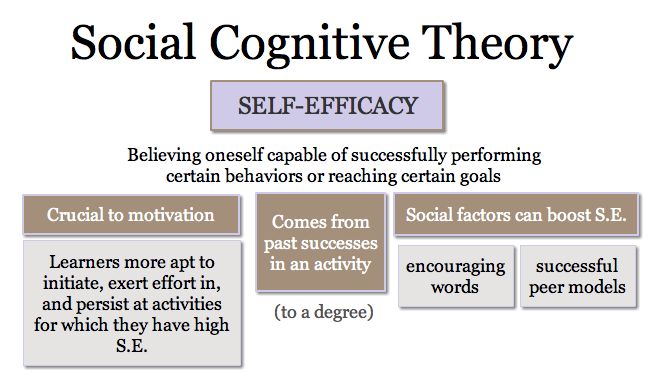 These Cognitive Processes when functioning together and properly help a human make informed decisions about various aspects of life.
These Cognitive Processes when functioning together and properly help a human make informed decisions about various aspects of life.
The cognitive processes are ever growing and it is a continuous process. No matter whether you are simply sitting, or reading a newspaper, your cognitive process are working at the very same time. It can be a case that at one point of time, more than two cognitive processes are taking place. It may be difficult for you to practice if you are not well trained (mentally). But, there are some people who have been practicing this via meditation.
- Learning a new habit: To learn a new habit, all the types of cognitive process are utilized. Learning is a process that takes new memories and storing them in our brain by creating instructive materials for us.
- Creating new memories :A lot of moments of our lives are being formed as a memory. Even if we want to remember something in future or not, memories are made and can be made at any moment.
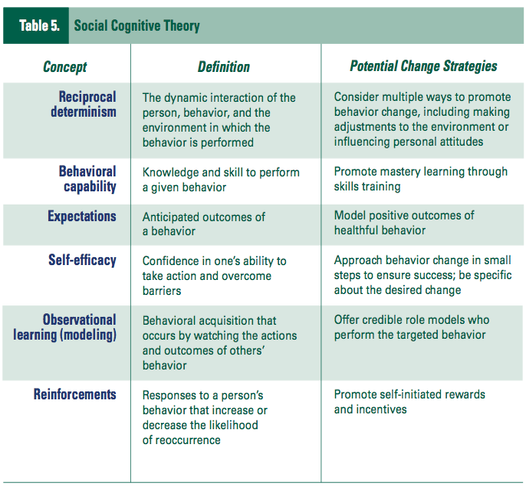
- Making decisions: Decisions are made based on the past memories, situations, information, and comparison of the past and present. This is how the different types of cognitive processes help us make decisions.
The cognitive process depends on various factors like genetics, one’s own views and perception of life, and more. We can’t change or alter out genetics as of now (without severely damaging ourselves). But, there are certain things which we can do to improve our cognitive process.
- Staying healthy: Being healthy is the first and foremost requirement of our body. No matter what we want, or want to do, a healthy body is always required to perform and execute various actions.
- Think critically: You should be open to think critically on various topics, question your choices, preferences, likes, dislikes, and more.
- Be curious: Curiosity is the mother of all inventions.
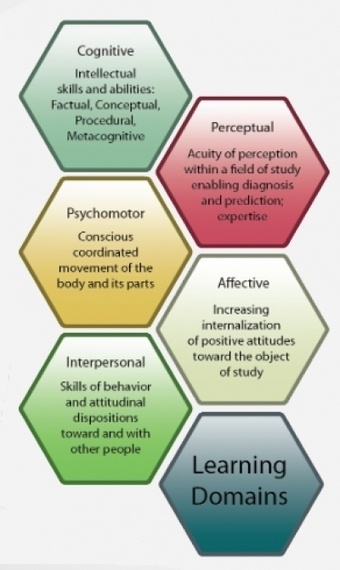 If you stay curious and have an open mind to learn, you will definitely help train your cognitive process better.
If you stay curious and have an open mind to learn, you will definitely help train your cognitive process better.
So, these are the cognitive processes, and the way they function in the human body. For more information on cognition, the psychologies related to it, and more, do follow VISS.
Cognition 101: Executive functions, Cognitive processes & abilities
- What is cognition?
- Meaning of cognitive processes and cognitive functions
- APA definition of cognition
- List of cognitive functions, processes, abilities, and related concepts
- The executive functions
- The core executive functions
- The higher-order executive functions
- Intelligence, skill, and learning through top-down and bottom-up processes
- Deeper layers of cognition
- What are cognitive abilities?
- How are cognitive abilities measured?
- Where does cognition happen in the brain?
- What are cognitive resources?
- What do cognitive psychologists and cognitive scientists do?
- Hypocognition and Hypercognition
What is cognition?
Cognition refers to all mental processes that lead to thoughts, knowledge, and awareness.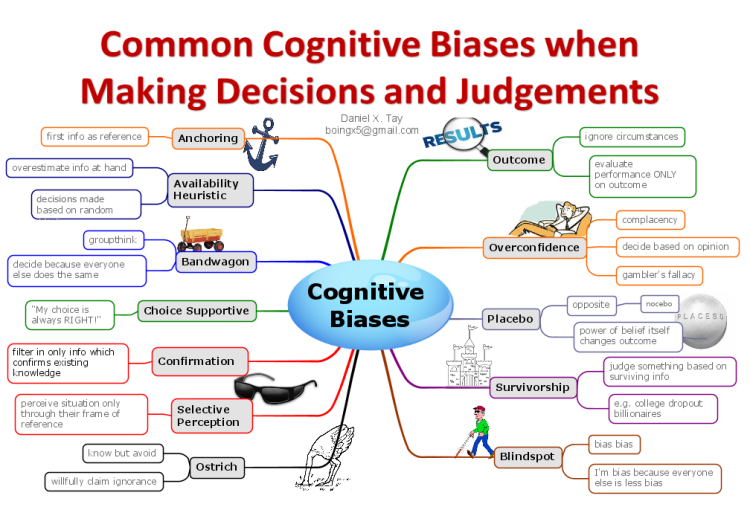 The underlying mechanisms are called cognitive processes. They govern cognitive functions like attention, pattern-matching, problem-solving, memory, learning, decision-making, language, mental processing, perception, imagination, logic, strategic thinking, etc.
The underlying mechanisms are called cognitive processes. They govern cognitive functions like attention, pattern-matching, problem-solving, memory, learning, decision-making, language, mental processing, perception, imagination, logic, strategic thinking, etc.
The word cognition comes from the Latin word cognoscere which means “get to know”.
Meaning of cognitive processes and cognitive functions
Cognitions come in layers of processes and components. Think of it as a Rubik’s cube which is meaningful even if it is unsolved. Each square represents a cognitive process and any type of final arrangement (proper solve, mixed color patterns) represents cognitive abilities or cognitive functions.
- Cognitive processes are mental processes that help us interact with the world and interpret our experiences.
- Cognitive functions are higher-order mental abilities such as learning, memorizing, decision-making, creative thinking, moving, speaking, and problem-solving.
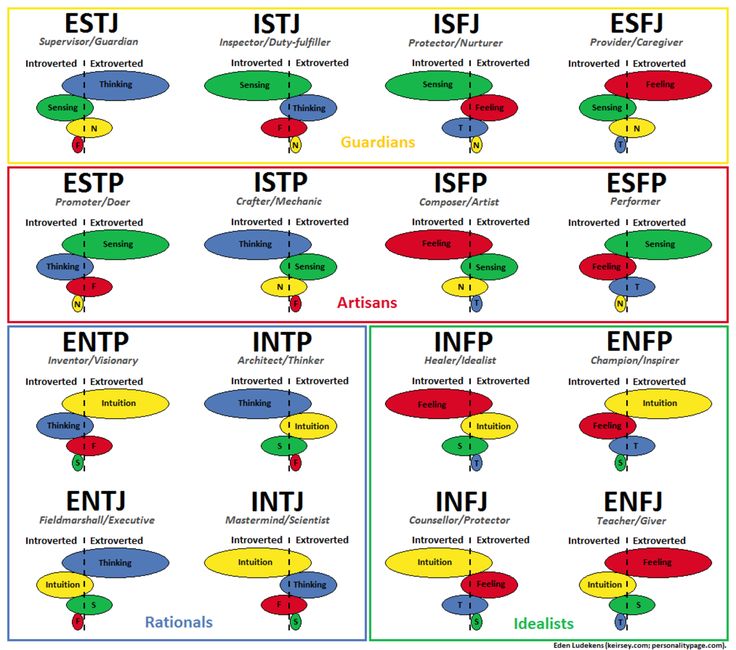
Cognitions (a fancy term for thoughts) are often assumed to be verbal thoughts, but they also include other forms of thinking such as auditory imagery (mental sounds), visual imagery (mental pictures), and kinesthetic imagery (mentally perceived bodily sensations). Notice that cognitions (with the “s”) typically indicate thoughts and cognitive processes/functions/abilities indicate all other processes given below.
APA definition of cognition
The American Psychological Association defines cognition as “all forms of knowing and awareness, such as perceiving, conceiving, remembering, reasoning, judging, imagining, and problem-solving.” Along with affect (emotions) and conation (motivation, intent), it is one of the three traditionally identified components of the mind.
List of cognitive functions, processes, abilities, and related concepts
You can view the following terms as cognitive processes (the smaller units of cognition) as well as cognitive abilities (overall competence in a type of cognitive process). These are examples of cognition in a holistic sense – a person’s overall cognitive capacity. Genetic tendencies, biological make-up, past learning and experience, expectations, skills, expertise, motivation, emotions, sleep, diet, well-being, etc. influence these.
These are examples of cognition in a holistic sense – a person’s overall cognitive capacity. Genetic tendencies, biological make-up, past learning and experience, expectations, skills, expertise, motivation, emotions, sleep, diet, well-being, etc. influence these.
- Sensation: Information entering our sensory system. Read more
- Perception: The processing and interpretation of signals from the senses as well as signals generated internally by the brain.
- Learning: Acquiring and demonstrating a reliable tendency to do something new. It is the process of acquiring new knowledge in a way that can be used in the future. That means learning occurs when we modify previous cognitions & behaviors or acquire new cognitions and behaviors. Read more and more
- Memory: Ability to acquire and store information. Learning and memory are similar in the sense both require relatively stable changes in neural networks.
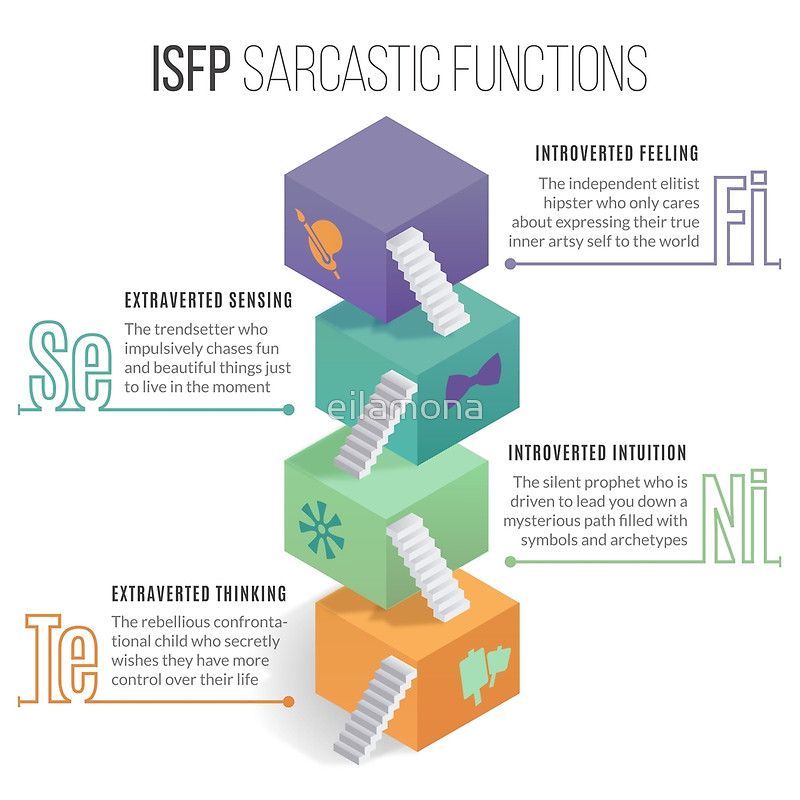 Memory is a global mental phenomenon that simply means changes in neural structures that represent information and make it coherent. And learning is the process of building those changes. All sorts of cognition, including learning, use “memory units.” Memory is verified and re-created by the process of remembering. The process of recognizing verifies memory. But memory also influences us unconsciously, through associated feelings. Read more
Memory is a global mental phenomenon that simply means changes in neural structures that represent information and make it coherent. And learning is the process of building those changes. All sorts of cognition, including learning, use “memory units.” Memory is verified and re-created by the process of remembering. The process of recognizing verifies memory. But memory also influences us unconsciously, through associated feelings. Read more - Gnosis: Ability to recognize things you’ve already learned via the senses: People, cars, foods, etc.
- Praxis: Ability to move your body in meaningful and goal-directed ways: Darting, dancing, sex, music, mixed martial arts, etc.
- Thinking: A process where the mind actively creates meaningful sequences of symbols. These symbols are usually the same as languages (internal dialog), mental images, and involve shifting attention toward internal and external information. These symbols are typically reliable and constant, such as words, shapes, and colors.
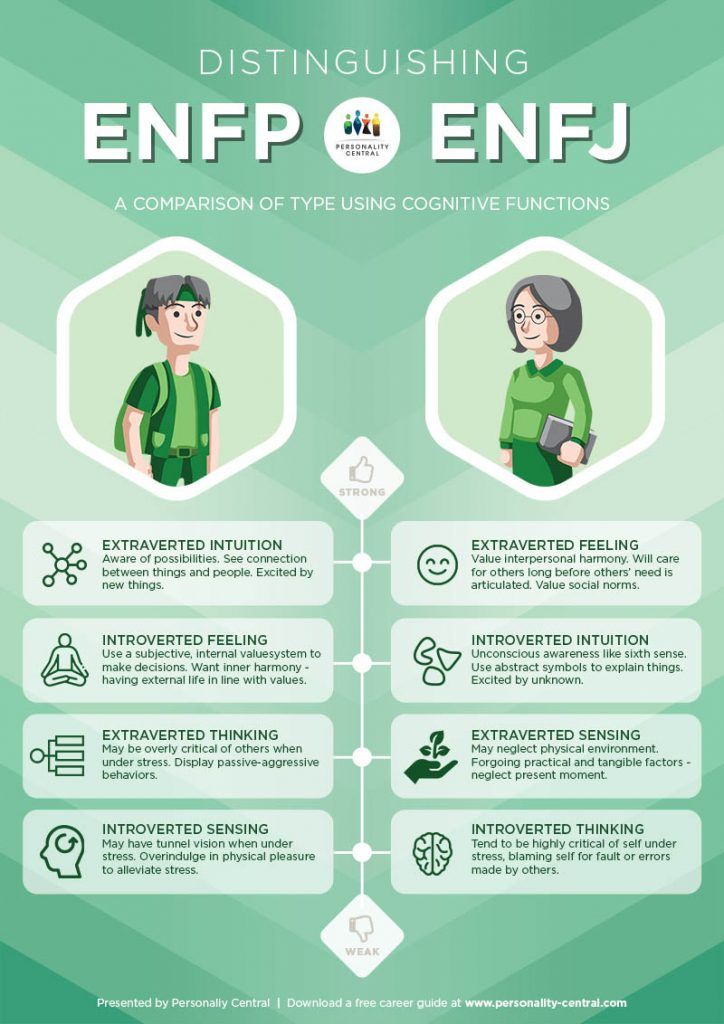 Read more
Read more - Processing speed: The speed of processing information. Depends on past experience (learning), access to memory, the strength of neural connections needed, and working memory capacity.
- Priming: The influence of something on future cognition.
- Attention: Ability to prioritize one type of information over some other type. The brain avails maximum resources to deal with this prioritized information. Read more
- Salience: Ability to focus and make something more pronounced, through words, attention, and memories.
- Observation: The ability to pay attention and recognize aspects of the environment (and in the mind)
- Vigilance: Careful attention, usually with salient & primed information.
- Awareness: Recognition of cognition. It is the continuous monitoring of one’s thoughts and perception, a part of metacognition.
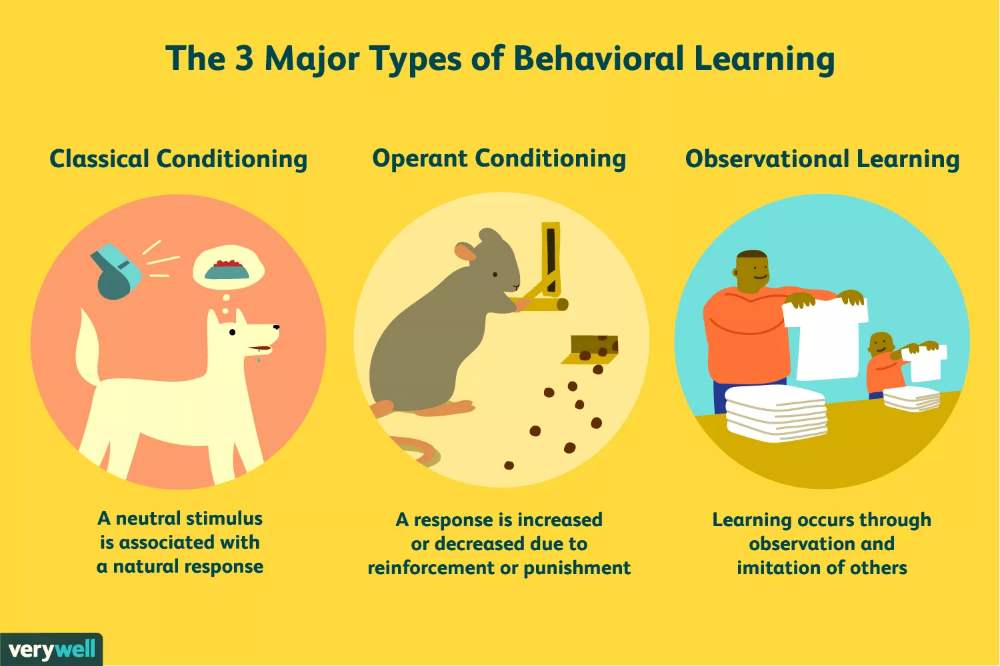
- Heuristics: Mental shortcuts and tendencies to think in particular patterns. Like learning moves in chess.
- Biases: Tendencies to think in a particular but warped way. Biases create a tendency to pay attention to a particular type of cognition over other types. Like the negativity bias that highlights negative events more than positive ones. Read more
- Perspectives and mental rotation: Ability to manipulate your point of view of a situation or object. Cognitive empathy is a higher-order version of this.
- Creative cognition: A set of cognitive processes that underlie creative work, including divergent thinking, convergent thinking, construal levels, mental models, etc. Read more
- Spontaneous cognition: Thoughts that pop into the mind when it is relatively idle and the default mode network is active. Read more
- Social cognition: All forms of cognition that involve other people and social concepts like relationships, groups, judgments, popularity, bullying, morality, etc.
 Read more
Read more - Auditory cognition: Cognitive processes based on auditory information – speech, sounds, vocalizing emotions, musical ability, recognizing unique voices, reading subtitles with foreign audio, etc.
- Visual cognition: Cognitive processes based on visual and spatial information – colors, shapes, arrangements, locations, directions, gradients, stimuli-based details, etc.
- Meta-cognition: Thinking about thoughts and cognition about cognition. Read more
To simplify many aspects of cognition, researchers classify cognition as hot cognition and cold cognition. Hot cognition involves emotions and motivation. Cold cognition is more neutral, raw information processing. Within both these categories, all facets of cognition are roughly divided into 4 categories: Sensory-Perceptual processes, Attention, Memory, and Executive functions (cognitive control).
The executive functions
Further down the cognitive assembly lies a core set of cognitive processes called the Executive functions (cognitive control) that help us guide, plan, initiate, stop, monitor, and modify our interactions with the outside world and the inside world.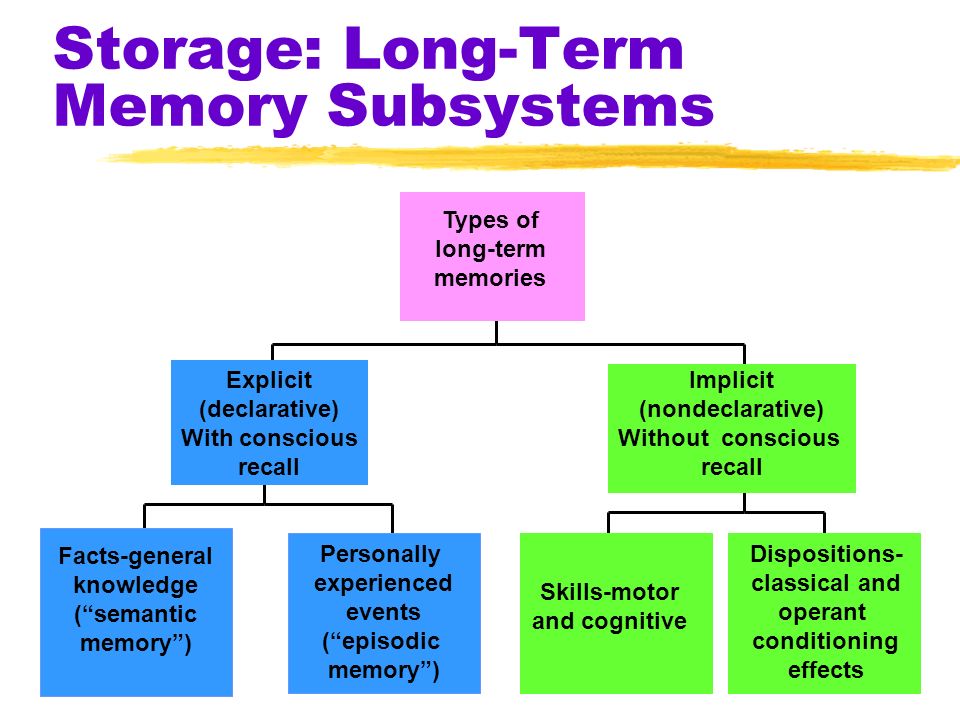 This is like a management team or the “executive system” for all aspects of cognition and behavior.
This is like a management team or the “executive system” for all aspects of cognition and behavior.
Definition: According to Raymond C.K. Chan, David Shum, Timothea Toulopoulou, Eric Y.H. Chen “Executive functions” is an umbrella term for functions such as planning, working memory, inhibition, mental flexibility, as well as the initiation and monitoring of action. Executive functions are flexible, goal-directed, and adaptive cognitive functions. They are usually most engaged in novel, challenging situations.
The executive functions help us bring ideas into awareness and think. They help us have meaningful conversations.
The core executive functions
The core executive functions work together, not in isolation.
- Attentional control (concentration, distractions) – Choosing what to focus on and what to ignore. Also known as “Executive control of attention.” It helps us orient ourselves, stay alert, and resolve conflicts between options to focus on.
 There are 2 types of attention.
There are 2 types of attention.- Exogenous attention: Something grabs your attention. Automatic, bottom-up, stimulus-driven, involuntary. This attention is usually not considered an executive function but remains a core cognitive process.
- Endogenous attention: You focus your attention. Purposeful, top-down, goal-driven, voluntary
- Selective attention: The ability to select what to focus on and what to ignore.
- Divided attention: Splitting attention and managing information from 2 or more areas that we concentrate on. This is what we do while multitasking.
- Working memory (temporary storage of information) – Remembering an OTP or phone number. The temporary storage of memory is not static, it is dynamic and we can manipulate information in it in real-time. There is usually a limit to the capacity of working memory.
- Verbal memory/phonological loop: Short-term memory for language, sounds, comprehension, etc.
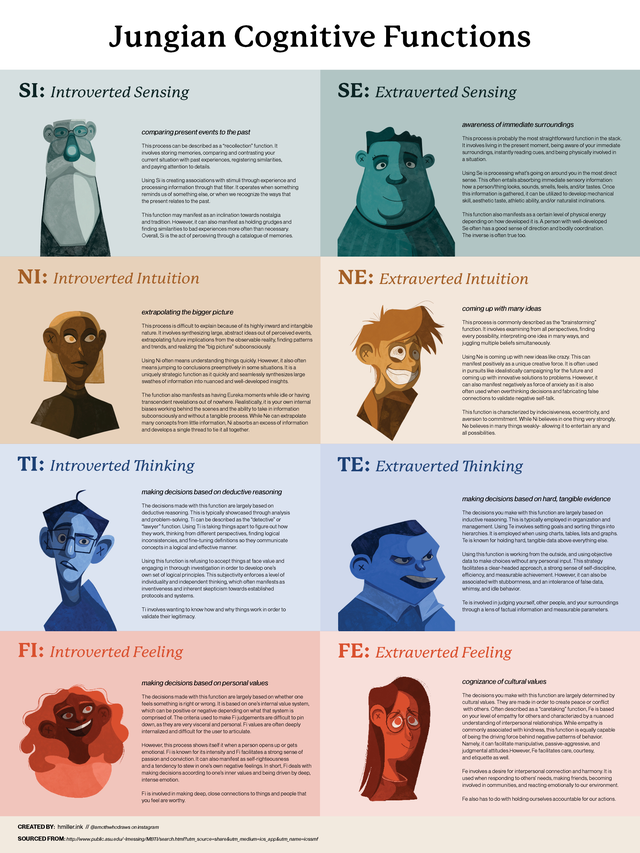
- Visuospatial sketchpad: Short-term memory for visual details, locations, space, and relationships between objects.
- Episodic buffer: Short-term holistic memory system + Capacity to process information coming from all parts of the brain that influences short-term memory.
- Verbal memory/phonological loop: Short-term memory for language, sounds, comprehension, etc.
- Inhibitory control (stopping of a thought or impulse) – Stopping an automated response or exogenous attention. Self-regulation (adjusting oneself) is the parent of inhibitory control which includes motivation, emotions, and behavioral patterns.
- Response inhibition: Stopping ourselves from doing something impulsive.
- Interference inhibition: Regaining attention to focus focus, stopping thoughts. Also called cognitive inhibition.
- Cognitive flexibility (shifting mental gears, taking new perspectives) – Switching back and forth between tasks and ideas without losing insight into what we are thinking.
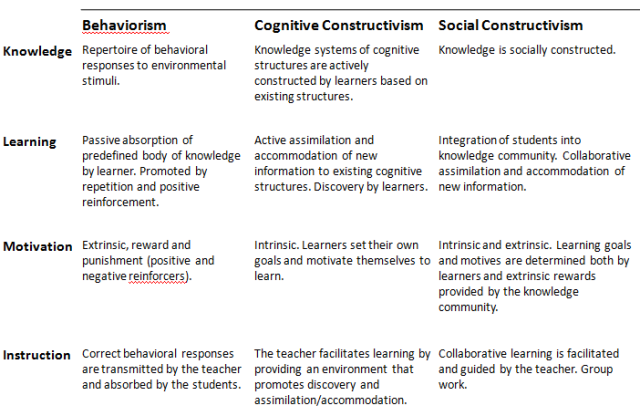 High cognitive flexibility also allows us to inspect an idea from multiple perspectives or levels of processing (construal levels) and have multiple simultaneous thoughts. Cognitive flexibility is closely related to creative thinking and higher-order problem-solving too.
High cognitive flexibility also allows us to inspect an idea from multiple perspectives or levels of processing (construal levels) and have multiple simultaneous thoughts. Cognitive flexibility is closely related to creative thinking and higher-order problem-solving too.
While traditional views look at attentional control or executive attention as a small component of the other 3 executive functions, some researchers argue attention (or focus) is another executive function.
These core cognitive functions (or executive functions) help us build higher-order executive functions by drawing additional “resources” from our previous learning & memory. So Higher-order executive functions are a combination of the core executive functions which use “knowledge” units from what we have already learned or can remember. These knowledge units include everything from language, experiences, memories, expectations, and emotions.
One example of higher-order executive functioning is browsing Amazon and choosing the best product to buy.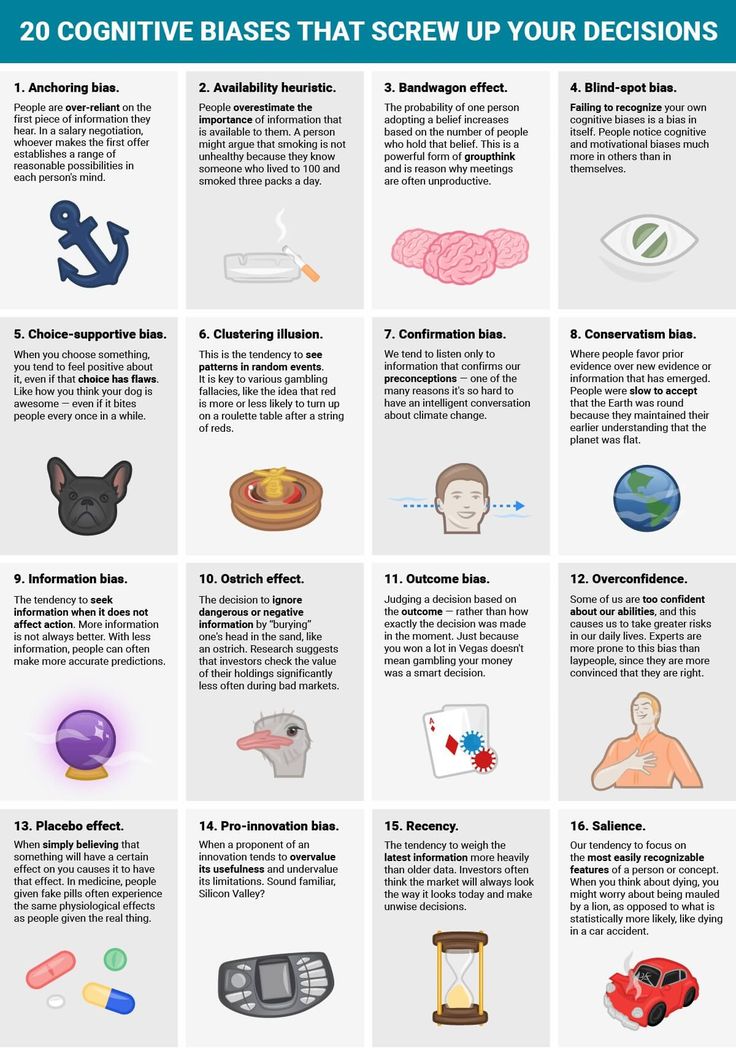 It uses working memory, inhibitory control to not impulse-buy, attentional control to keep track of what’s important, self-regulation to deal with your budget, cognitive flexibility to compare different products, and rely on past learning such as an experience with a brand and memories of conversations with friends regarding recommendations.
It uses working memory, inhibitory control to not impulse-buy, attentional control to keep track of what’s important, self-regulation to deal with your budget, cognitive flexibility to compare different products, and rely on past learning such as an experience with a brand and memories of conversations with friends regarding recommendations.
The higher-order executive functions
- Relational reasoning and logic: Comparing and relating ideas to see what’s logical. It includes understanding facts, guesses, and conditions like IFs, ANDs, ORs, and BUTs. Rational thinking is a type of relational reasoning.
- Decision-making: Weighing pros and cons, choosing the top 3 options, ignoring the worst, settling on a compromise, etc.
- Planning: Remembering to remember (prospective memory), making predictions, gathering resources to do a task, reviewing your plan, identifying where you’d need to improvise, etc.
- Problem-solving: Understanding the components of a problem, breaking down or reframing problems, gathering resources to solve them, identifying optimal or economical solutions, etc.
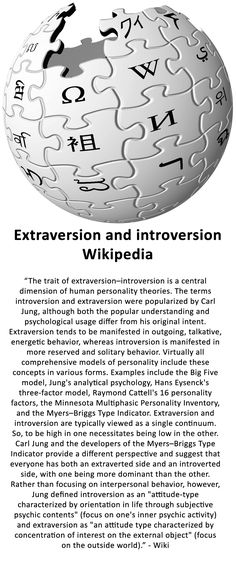 Playing puzzle games like chess and sudoku are high on problem-solving.
Playing puzzle games like chess and sudoku are high on problem-solving.
Adele Diamond developed a model of executive functions. You can read the original paper here or refer to the diagram below (also from the paper).
Intelligence, skill, and learning through top-down and bottom-up processes
According to Adele, fluid intelligence – a type of intelligence that describes one’s ability to think, plan, and reason – is the same as the higher-order executive functions. The other aspect of intelligence called crystallized intelligence is more about your experiences and past learning.
They are both related but different based on the role executive functions play. Neuroimaging studies show that people who do well in new tasks that require executive functions have high activity in the lateral prefrontal cortex. But when the tasks get familiar, the ones who perform the best use the lateral prefrontal cortex the least. So when the task is familiar, the need for executive functions drops.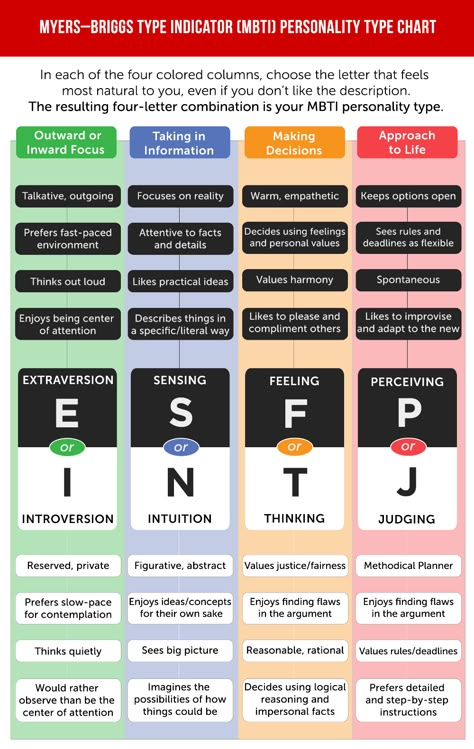
We can view some executive functions as a Top-Down control system where we exert executive control (top) on the information or work we are doing (down). If a task is new or someone is learning a new skill or learning a new topic, top-down control can be helpful. But for those who have practiced a lot and have the experience, top-down control can hamper performance. Once learning takes place, it becomes automatic with new neural connections dedicated to that learning. So a top-down approach interferes with it by overriding past learning. This is why experts and skilled people can rely on their gutfeel and perform well but asking them to monitor and evaluate their process can hamper their performance.
Just like “Top-Down” processes, some executive functions rely on a Bottom-Up approach. The core executive functions of “attentional control” and “inhibition” often depend on features of the stimuli like size and shape. (stimuli is anything that has the potential to modify mental activity.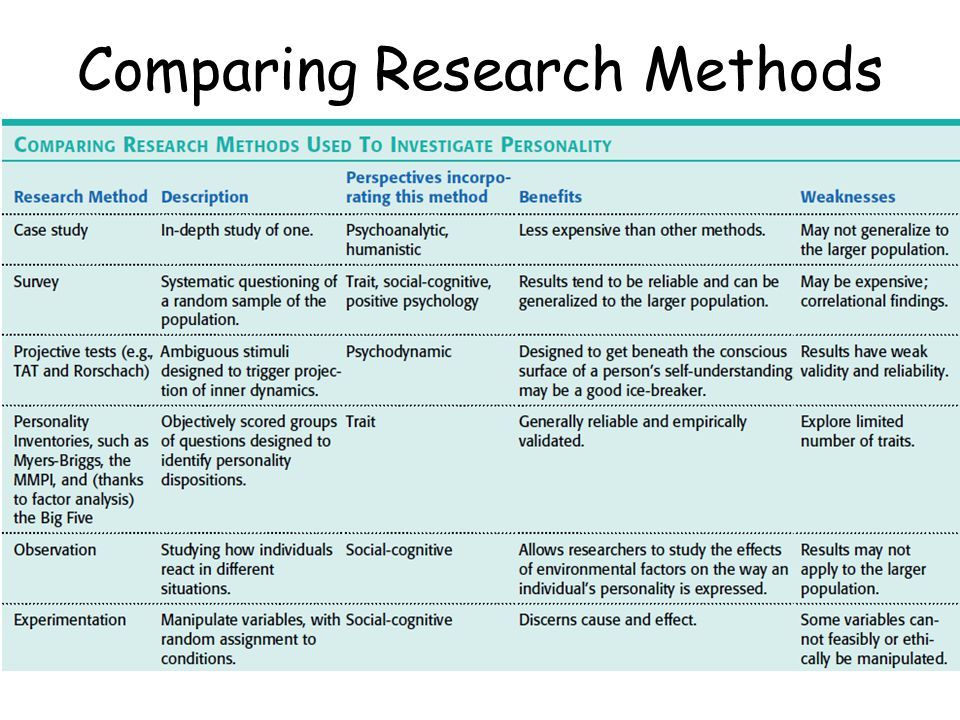 ) Distractions, overwhelming sensations, random repetitive thoughts, etc. exert bottom-up control over our cognition.
) Distractions, overwhelming sensations, random repetitive thoughts, etc. exert bottom-up control over our cognition.
Bottom-Up control and Top-Down control are rarely isolated from each other. For example, while studying, loud sounds can exert Bottom-Up control, and then other cognitions like remembering your goals can exert Top-Down control and remove distractions.
Intelligence is made from many layers of cognition and cognitive abilities like reasoning, verbal skills, planning, logic, and mathematics. Intelligence isn’t a single stand-alone “module” because multiple types of intelligence like musical intelligence, social intelligence, and practical intelligence are built from the same cognitive functions or executive functions
Deeper layers of cognition
The deepest layer of cognition is abstract and full of theoretical cognitive structures that explain all forms of cognition. These include sensory abstraction, cross-modal correspondence, estimations, simulations/predictions, smallest bits of data and how it transforms, cooperation and competition between sensory inputs, conversion of sensory inputs to perception, etc.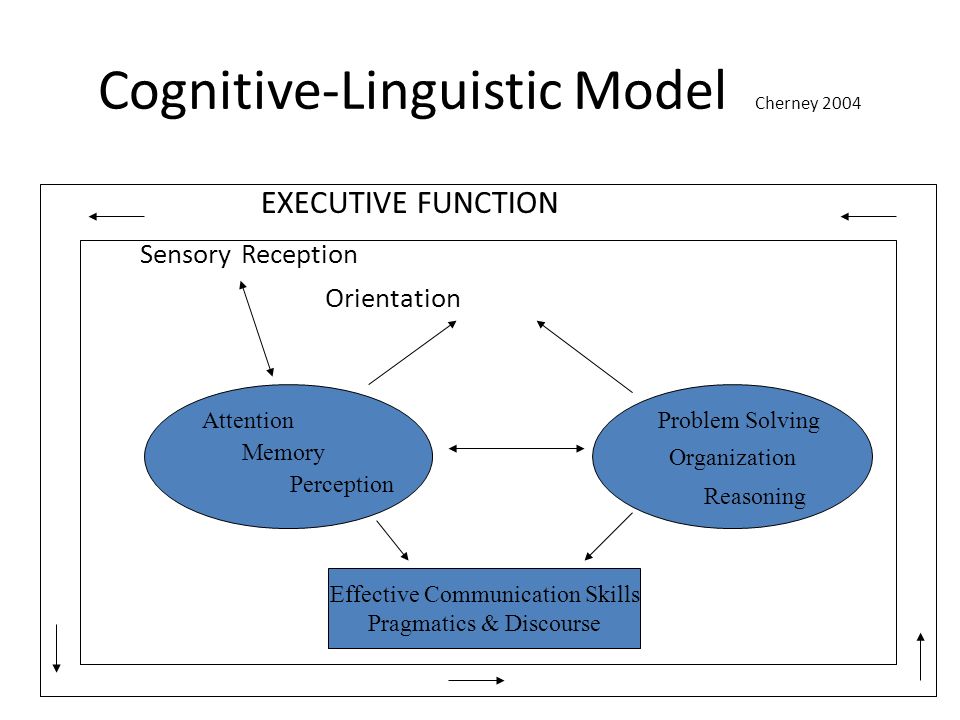
These layers of cognition aren’t necessarily a hierarchy. They have feedback loops between each other, and they often work as a whole system. Usually, along with factors like behavior, emotions, environment, society, instinct, and genetics. Such as intelligence and creativity. Cognition, especially as a system that connects reality to the inner mental space, is a big part of understanding consciousness.
What are cognitive abilities?
Cognitive abilities are cognitive processes and groups of cognitive processes that can be measured in a meaningful way. In easy words, everything under cognition can be a cognitive ability if you can measure it for practical benefits. Cognitive abilities can be improved, so they are cognitive “skills.” See how you can cognitively train to play the guitar better.
How are cognitive abilities measured?
Usually, most cognitive abilities are measured through tests that require a person to do a task which indicates a person’s cognitive capacity.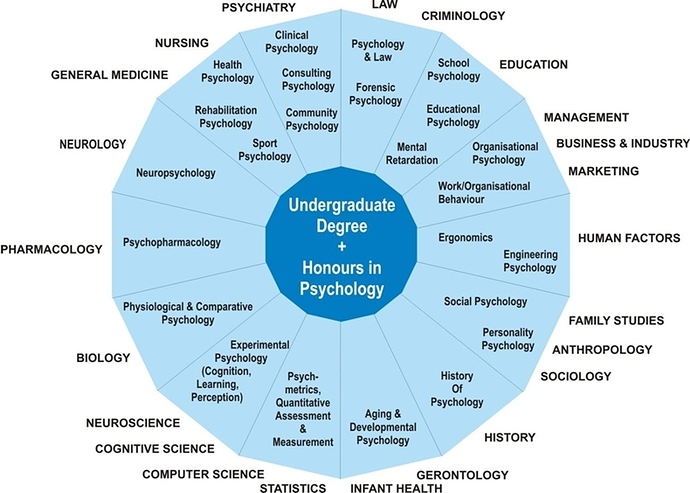 For example, the digit span task measures working memory for numbers. In that task, a person is asked to recall a sequence of digits and scored on accuracy, errors, and time.
For example, the digit span task measures working memory for numbers. In that task, a person is asked to recall a sequence of digits and scored on accuracy, errors, and time.
More complex cognitive abilities include the measurement of short-term memory as well as attentional control and interference inhibition. One such task is the n-back task where a person has to remember symbols that appeared n rounds ago. In a series of random pictures, one would need to indicate when a particular photo appeared 2 rounds ago. This task can get more complex through distractions or by asking a person to report images seen 5 rounds ago.
Musical ability, mathematical ability, verbal ability, reasoning, pattern-matching, problem-solving, etc., are higher-order cognitive abilities that involve all of the core executive functions as well as previous learning and memory. Cognitive abilities are like higher-order executive functions applied to a specific theme.
Help me run this site with a donation :)
Intelligence tests and creativity tests are combinations of multiple cognitive abilities.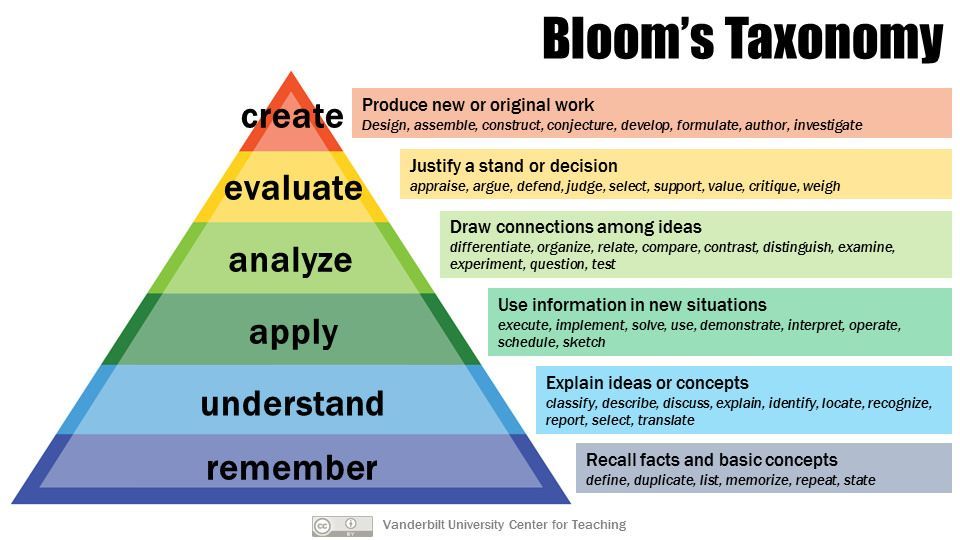 So are tests like the Gibson test of cognitive abilities. More common examples: Cognitive reflections test, Weschler’s intelligence tests, Stanford-Binet tests, Stroop tests, Raven’s progressive matrices.
So are tests like the Gibson test of cognitive abilities. More common examples: Cognitive reflections test, Weschler’s intelligence tests, Stanford-Binet tests, Stroop tests, Raven’s progressive matrices.
Where does cognition happen in the brain?
The current theories look at the whole cerebral cortex (the folded region of the brain) as the primary area of cognition. It is divided into 4 broad theme-based regions.
- The frontal lobe of the cortex, especially the prefrontal cortex, is vital for higher-order cognitive abilities and executive functions.
- The parietal lobe is involved in sensation and perception.
- The occipital lobe is involved in visual cognition.
- The temporal lobe is involved in consolidating memories, speech, and auditory data.
Memory + learning, on the other hand, is widely distributed across the brain. The current understanding is that all forms of neural changes account for various types of learning and memory: Long-term memory, knowledge of facts, smells, song lyrics, skills, language, etc.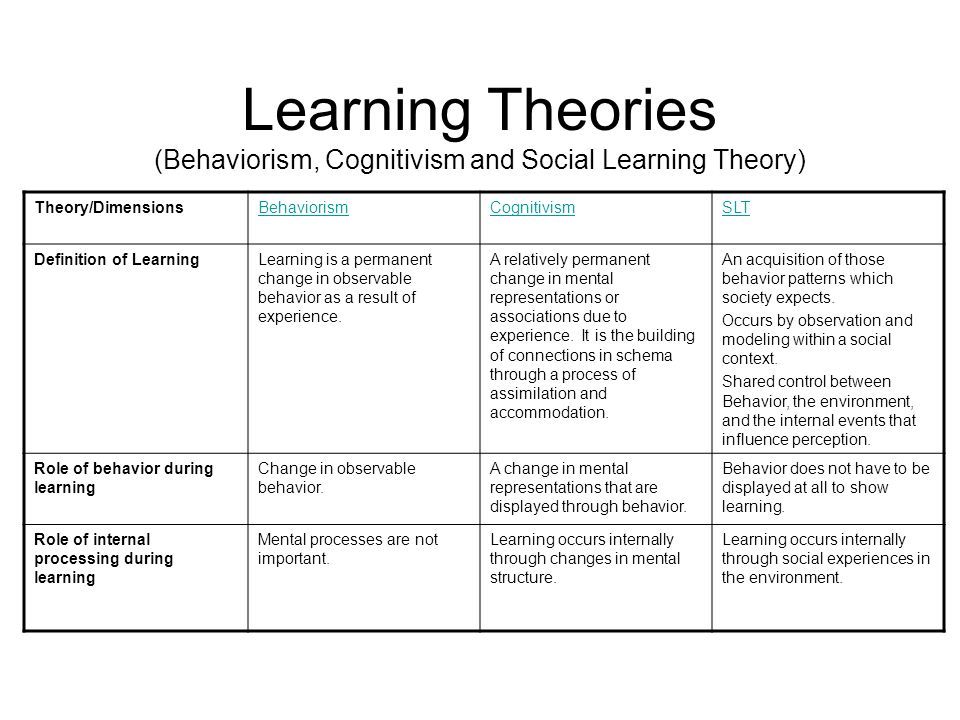 Memory is like a vast network of densely connected “features.” For example, the spreading activation model of memory describes memory as millions of multi-colored spider webs with each color representing closely related information and each intersection representing individual “units of memory.”
Memory is like a vast network of densely connected “features.” For example, the spreading activation model of memory describes memory as millions of multi-colored spider webs with each color representing closely related information and each intersection representing individual “units of memory.”
A rough neurobiological hierarchy exists for cognitive functions. Cognition, broadly speaking, is our brain’s information processing ability. With that in mind, perception and sensation is a rapid form of information processing. It typically occurs in sub-cortical and posterior cortical regions. Attention works on all levels of processing. Higher-order executive functions like decision-making and problem-solving are a more complex form of information processing that works on pre-processed information in more evolutionarily young cortical regions.
Research in cognition usually moves toward grounding measurable abilities in identifiable neurobiological circuits.
What are cognitive resources?
A number of psychological theories use the word “cognitive resources” to explain away some unknown “demand”.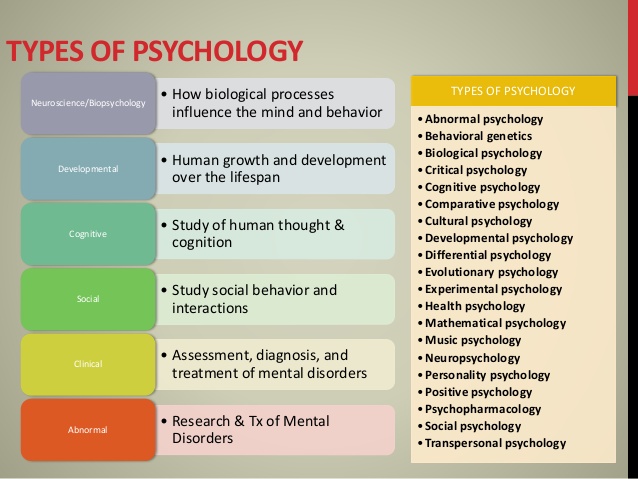 For example, a positive mood can enable more cognitive resources. Or curiosity and fun increase cognitive resources for learning. So what exactly are cognitive resources?
For example, a positive mood can enable more cognitive resources. Or curiosity and fun increase cognitive resources for learning. So what exactly are cognitive resources?
- Knowledge structures: Individual meaningless units and larger useful units of connected information that form the context.
- Biological resources: Availability of a neurotransmitter at a synapse, activity in a brain region, consumption of glucose, glial cells, recruitment of additional neural structures to help current processing.
- Mental resources: Relying on old knowledge structures that help current thinking.
- Blocking resources: Emotions and other memories can block us from remembering something. Like in the tip-of-the-tongue syndrome where all related details block the desired word. Emotions like fear can also limit thinking.
- Attentional scope: A person can have narrow attention that highlights finer details or have broad attention that focuses on the overall concept and global essence.
 The nature of attention is a cognitive resource.
The nature of attention is a cognitive resource. - Access and availability: Not everything we have learned or have in memory is accessible. More resources mean higher access to that which is already present.
- Housekeeping: Sleep, idle time, and relaxation usually permit the brain to undergo maintenance and pre-determined “clean-ups” of neural structures. Some of this could be building the myelin sheath on axons to make a neural connection faster. Or, isolating a few important neural connections from the previously used many to “down-size” a network to its maximum biological efficiency.
Apart from these, cognitive resources also refer to the deepest layer of cognition we discussed in the previous section. Those cognitive structures aren’t necessarily meaningful but can be useful in current processing. For example, spontaneous thoughts that pop into an idle brain can help with creativity because the default mode network accesses large amounts of brain networks that may represent useful knowledge.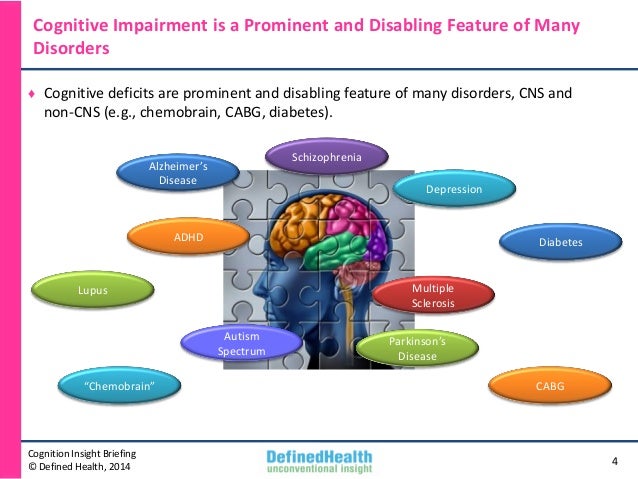
What do cognitive psychologists and cognitive scientists do?
Cognitive psychologists study the mind at various levels of cognition, usually through carefully conducted experiments that tease out a particular process. They then create “models of cognitive processes” based on that data. Theories of memory and learning have a direct influence on applications like education, artificial intelligence, marketing, advertisements, therapy, mental health, and rehabilitation. Check out these therapy insights based on cognition.
Learning, memory, intelligence, decision-making, cognitive biases, and creativity are some of the most commonly studied cognitive phenomena since the popularity it gained in the 1940s and 50s. This popular thrust was an intellectual movement called the cognitive revolution. It began to uncover the secrets of the mind and the processes within.
Cognitive psychologists usually take up academic and R&D positions after earning a Ph.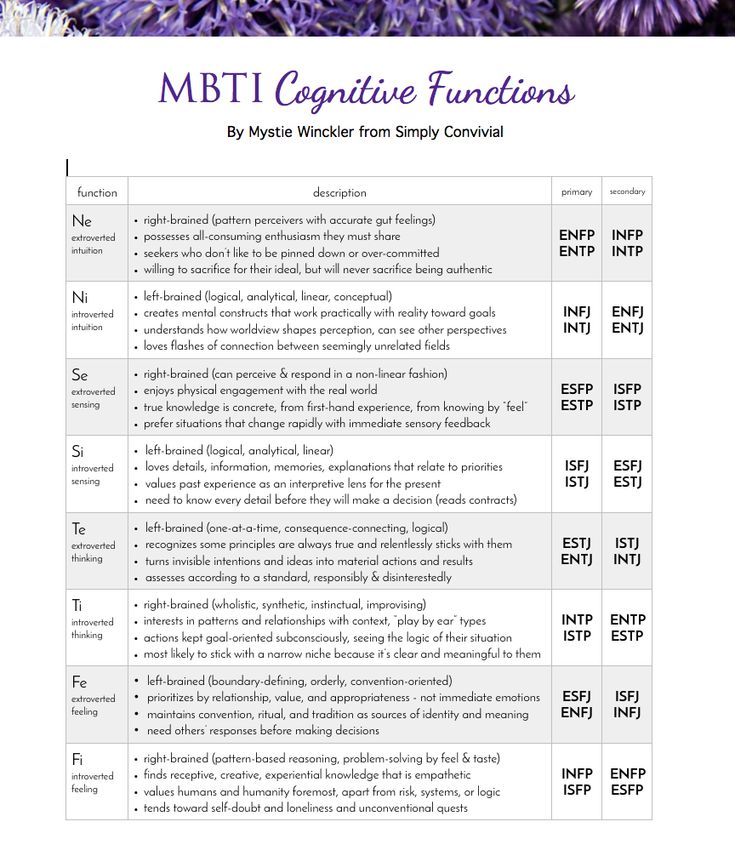 D. Other psychologists and scientists focus on aspects of cognition based on their areas of interest like music, UI/UX, product design, education, artificial intelligence, sports, self-help, leadership, etc. Everything about humans can have a cognitive perspective, even artificial intelligence and theology.
D. Other psychologists and scientists focus on aspects of cognition based on their areas of interest like music, UI/UX, product design, education, artificial intelligence, sports, self-help, leadership, etc. Everything about humans can have a cognitive perspective, even artificial intelligence and theology.
Related areas: Linguistics, cognitive science, computing, cognitive neuroscience, neuroscience, social psychology, philosophy, mathematics, artificial intelligence, animal cognition, and education.
Hypocognition and Hypercognition
When we don’t have the cognitive tools, or we lack the words to understand something, we are in hypocognition. In hypocognition, we do not possess the mental tools to comprehend or perceive something. For example, many people were in a state of medical hypocognition before the COVID pandemic began. We are also in a state of hypocognition to speak about consciousness.
When we overapply a cognitive structure where it isn’t appropriate, we are in a state of hypercognition.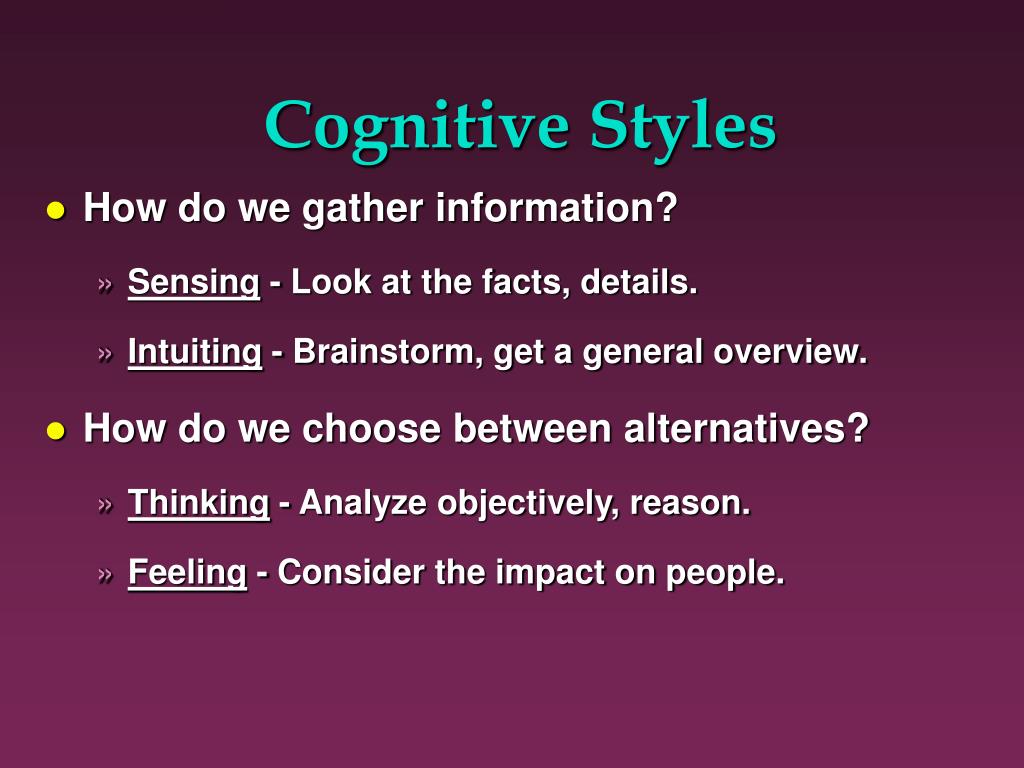 For example, applying metaphors like “finding myself” to a physically, uniquely located you.
For example, applying metaphors like “finding myself” to a physically, uniquely located you.
With this post, I hope you are no longer hypocognitive about cognition:)
Was this useful?
Average rating 4 / 5. Vote count: 4
We are sorry that this post was not useful for you!
Let us improve this post!
Tell us how we can improve this post?
Aditya Shukla
Hey! Thank you for reading; hope you enjoyed the article. I run Cognition Today to paint a holistic picture of psychology. My content here is referenced in Forbes, CNET, Entrepreneur, Lifehacker, a few books, academic courses, and research papers.
I’m an applied psychologist from Bangalore, India. Love sci-fi, horror media; Love rock, metal, synthwave, and pop music; can’t whistle; can play the guitar.
APAHarvard
Shukla, A. (2020). Cognition 101: Executive functions, Cognitive processes & abilities. Cognition Today. Retrieved from https://cognitiontoday.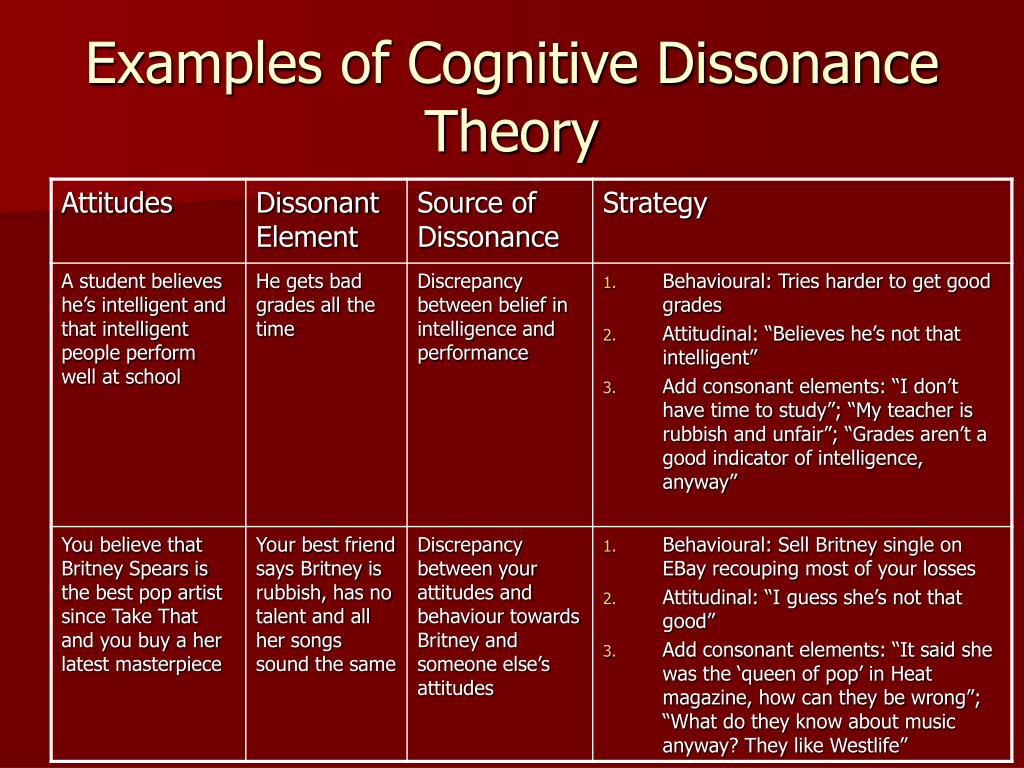 com/what-is-cognition-executive-functions-and-cognitive-processes/.
com/what-is-cognition-executive-functions-and-cognitive-processes/.
Shukla, A. (2020). Cognition 101: Executive functions, Cognitive processes & abilities [online]. Available from: https://cognitiontoday.com/what-is-cognition-executive-functions-and-cognitive-processes/ [accessed July 13, 2020].
Help me run this site with a donation :)
Chapter 8. Types of cognitive styles
Criteria formation of personal cognitive style should be sought in the organization of individual mental experience. In particular, as such criteria may be:
1) measure of interaction different modalities of experience in conditions perception and processing of information about your surroundings;
2) measure of articulation mental experience and its openness to relation to external and internal sources of information, as well as severity of involuntary intellectual control as a factor regulation of processing processes information and mental states subject in terms of cognitive activities; nine0003
324_________________________________________________ Cognitive styles
3) measure of development different ways of setting and solving problems, especially in independent intelligent search;
4) measure of understanding other cognitive positions (other subjective "orders of truth").
Formation process personal learning style affects both line of intellectual development personality. On the one hand, increasing efficiency of intellectual activities, because as formation of mechanisms of stylistic behavior expands the arsenal of ways knowledge, it becomes possible variation of one's own cognitive positions depending on the features problem situation, etc. On the other hand hand, is developed deeply individualized mechanisms cognitive activity through more optimal balance of "strong" and "weak" qualities of your mind, more full manifestation of specific features of one's own mental experience, manifestations of individual cognitive tendencies, etc.
And then it becomes understandable well-known maxim: “Genius appears when the structure individual mind coincides with structure objectively arisen Problems".
4 Sli m
Chapter 9
cognitive styles in educational activities 1
9.
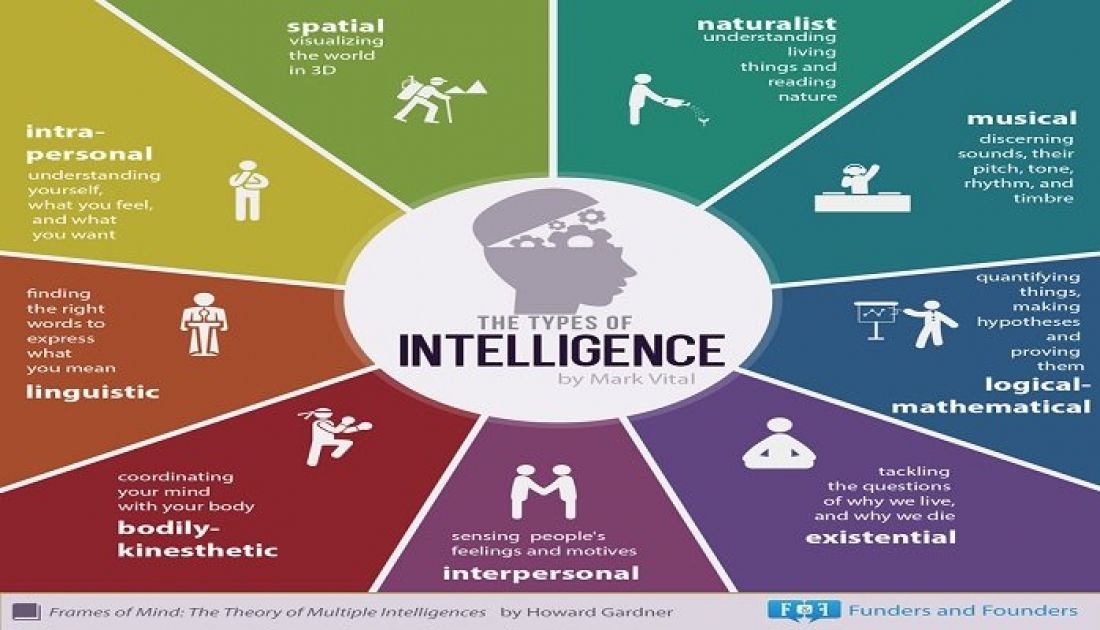 1. Definition of learning style
1. Definition of learning style Fair say that in traditional education far from everything is bad, as in innovative — not all is well. However, there is a clear line between these forms educational process: in the traditional learning the child is seen as object of educational and pedagogical influences within the framework of the position “every student should something to know and be able to do, in innovation - as a subject of educational activities within the framework of the position “each the student must, can and wants to know something and be able to do according to his individuality. nine0003
According to B. Lou Leaver, "...all students, without exception, can learn. The only thing they may not be able to, learn as prescribed by a particular program, textbook or teacher" (Leaver, 1995, p. 6). In other words, it is about a problem that never happened before. stood before traditional didactics, namely, about a possible "conflict styles", v. e. about the mismatch of cognitive style student with different aspects of educational / Wednesdays:
• technology (methods) of learning; /
• teacher's style;
• general style class (Liver, 1995, p. 6).
6).
1 This chapter has been written under the financial support of the Russian Humanitarian Foundation (nj . ect no. 00-06-00244a). ;
326 _________ ] ______________________________ Cognitive styles
For designations individual differences in cognitive activities of students (children and adults) in school or vocational learning was introduced the concept of "style teaching” (learning style). Style teachings are individual ways of assimilation of information in the educational activities (in a broader sense - inherent in this student stable ways to interact with your educational environment).
Primarily, the meaning of the term should be clarified "teaching style". This term, which appeared in Western psychological and pedagogical literature in the 1970s characterized a typical individual (pupil, student, adult) approach to the process of learning.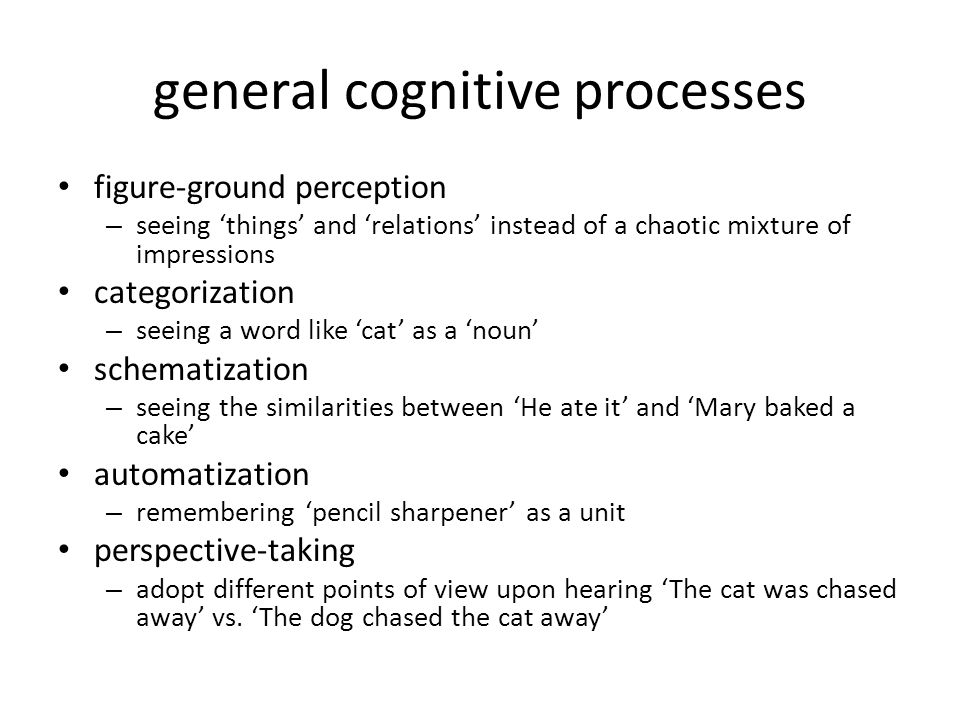 nine}.
nine}.
Brief psychological characteristics of each type of student looked like this:
1) evasive - unmotivated, disinterested, passive;
2) participating - motivated, with clearly defined academic interests, active;
3) rival - prone to self-affirmation, opposition their opinions to the positions of fellow practitioners and teachers;
4) cooperating - nine0025 oriented discussions, group work and interpersonal interaction in general;
5) dependent - prefers structured programs and assignments with well-defined forms of control by the teacher;
6) independent - prefers influence the content and structure curriculum using help teachers as an additional resource.
Cognitive tasks and their types
download Author: Goncharuk S.I. - subscribe to the author's articles
Journal: Philosophy and Society. Issue No. 2(23)/2001 - subscribe to articles of the journal
Modern research and educational literature includes the concept of " cognitive tasks ", which means a certain target setting in solving a particular research problem.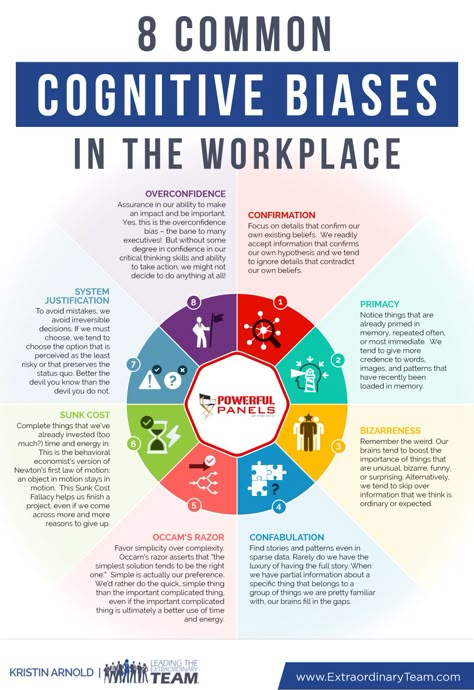 The concept of a cognitive task differs from the concept of a scientific problem. The latter is defined as a situation that has arisen in science as a result of a contradiction between the achieved level of theoretical understanding of a particular area of reality and the discovery of new facts that do not fit into the framework of previous theoretical ideas. The development of a complex scientific problem is associated with the formulation of a number of cognitive tasks, the solution of which organizes all the actions of the researcher into a system of scientific search. nine0003
The concept of a cognitive task differs from the concept of a scientific problem. The latter is defined as a situation that has arisen in science as a result of a contradiction between the achieved level of theoretical understanding of a particular area of reality and the discovery of new facts that do not fit into the framework of previous theoretical ideas. The development of a complex scientific problem is associated with the formulation of a number of cognitive tasks, the solution of which organizes all the actions of the researcher into a system of scientific search. nine0003
The setting of specific cognitive tasks is characteristic of scientific research. A preliminary mental, theoretical attitude in the study of the phenomena of nature and society, in understanding their connection in an explicit form, is not characteristic of spontaneous empirical knowledge. In the latter case, the discovery of new facts or properties takes place, but usually happens intentionally, as if by accident.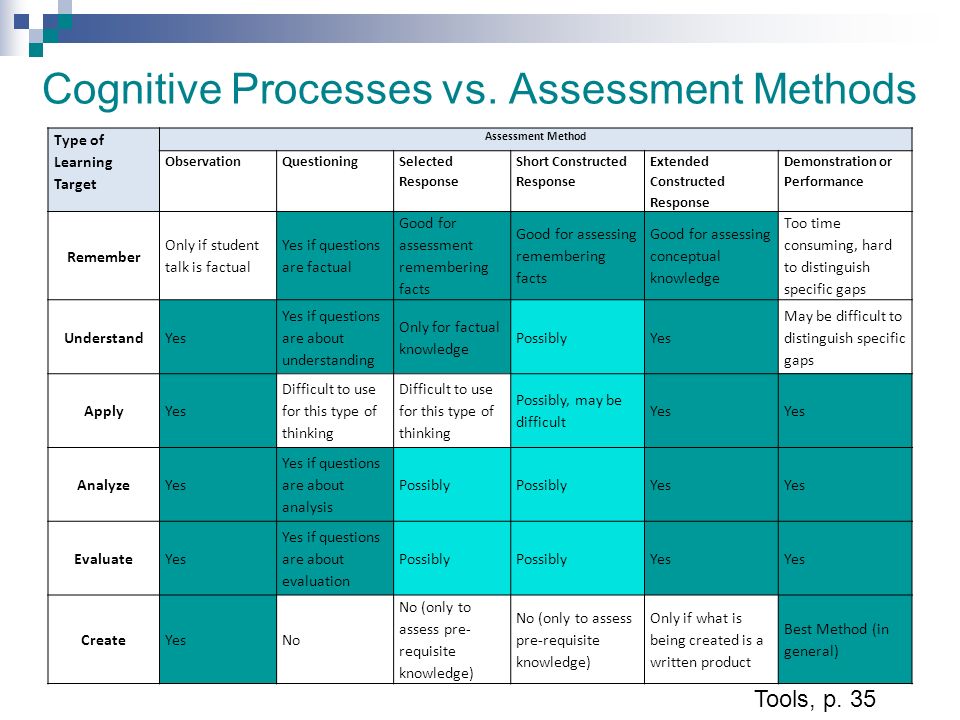 In scientific research, certain cognitive tasks are solved, arising from the goals set, which, ultimately, are determined by the needs of practice and the development of science. nine0003
In scientific research, certain cognitive tasks are solved, arising from the goals set, which, ultimately, are determined by the needs of practice and the development of science. nine0003
Any goal-setting activity, including labor, certainly sets certain tasks for the subject of activity, which can be called practical, the solution of which is preceded by the development of a plan, ways and means of its solution.
Note that any practical activity as goal-setting includes knowledge at a certain level about the subject of activity. In this sense, a practical task before its solution must be comprehended and mastered by practical experience at the level of a particular technology. This connection between theory and practice, knowledge and action is the subject of special philosophical reflection. In a scientific experiment, this problem includes precisely those questions that are preliminarily comprehended by the experimenters and are called philosophical. nine0003
Cognitive tasks can be very different. This is the preliminary collection of data on the properties of the phenomenon under study, and the verification of assumptions, and the development of new hypotheses to explain the discovered facts, and the logical analysis of statements in order to identify their validity. A specific cognitive task in practical medicine, for example, is the diagnosis of a disease.
This is the preliminary collection of data on the properties of the phenomenon under study, and the verification of assumptions, and the development of new hypotheses to explain the discovered facts, and the logical analysis of statements in order to identify their validity. A specific cognitive task in practical medicine, for example, is the diagnosis of a disease.
In scientific research, great importance is attached to the development of constructive cognitive tasks, the solution of which allows the discovery or scientific explanation of newly discovered or long-known facts. nine0003
The development of methodological problems of scientific research brings to the fore the study of questions about the essence of cognitive tasks and their types[1]. In the methodological literature on scientific research, there are now four types of cognitive tasks: empirical, theoretical, constructive, and logical.
The essence of empirical cognitive tasks is to identify and describe facts about the object of study based on observation, measurement and experiment. Comprehension of the object of knowledge in many sciences begins with the establishment of facts, which, according to IP Pavlov, constitute the air of a scientist. A scientific fact is “a special kind of position fixing empirical knowledge”[2]. nine0003
Comprehension of the object of knowledge in many sciences begins with the establishment of facts, which, according to IP Pavlov, constitute the air of a scientist. A scientific fact is “a special kind of position fixing empirical knowledge”[2]. nine0003
The received information is usually processed with the help of statistical methods, which make it possible to further obtain generalizing data, comprehending which the researcher rises to the highest level of knowledge - the theoretical level.
“We all agree,” F. Engels wrote, “that in any scientific field of nature, as well as in the field of history, it is necessary to proceed from the facts given to us , therefore, in natural science - from various objective forms of the movement of matter , and that, consequently, also in theoretical natural science, one cannot construct connections and introduce facts into them, but one must extract them from facts and, having found them, prove them, as far as possible, empirically” [3].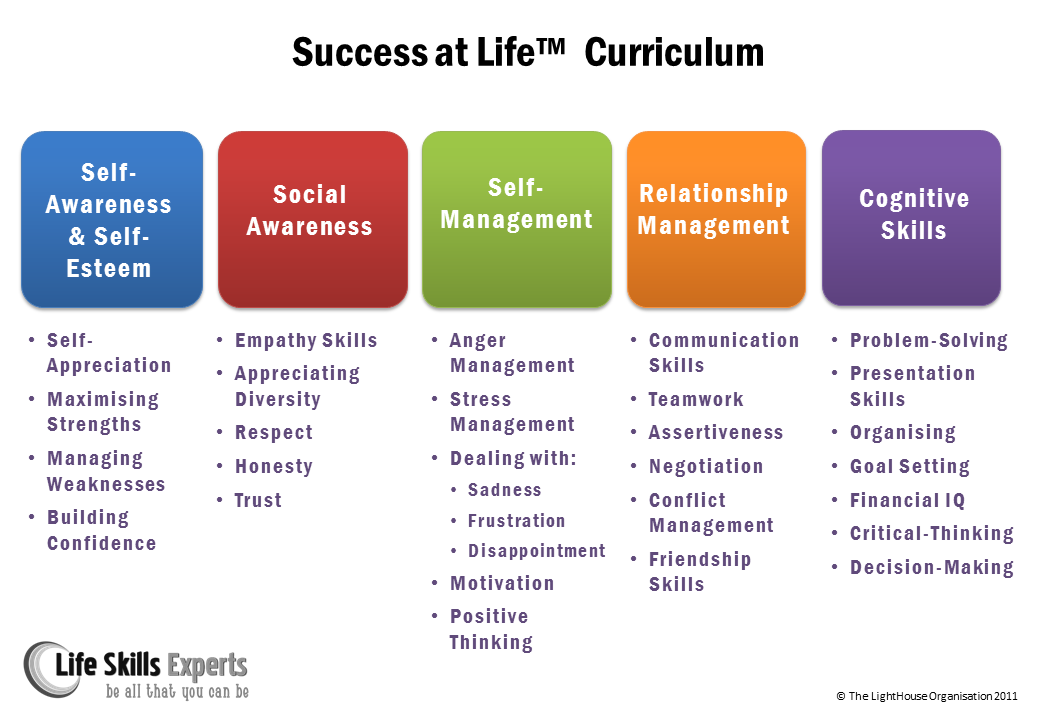 nine0003
nine0003
Scientific knowledge, in contrast to ordinary and spontaneous-empirical knowledge, is brought into a certain system and interpreted on the basis of certain philosophical and epistemological points of view, the totality of which is a methodological concept.
The epistemological concept is connected with the materialistic or idealistic solution of the fundamental question of philosophy. On its basis, the problems of the relationship between the object and the subject of cognition, objective and subjective, are solved. It can be dialectical or metaphysical, materialistic or idealistic. nine0003
Any science in its origin and development is associated with certain methodological foundations. The methodological position of a scientist largely determines the object and subject of knowledge, the direction of research, the choice of methods for obtaining and testing knowledge, ways of interpreting and further developing it. Methodological foundations in a particular science are introduced and included in the general system of its knowledge in the process of the history of its origin and development. This process is influenced by the main components of all cognitive activity: the level of development of social practice and the generalization of its data in various forms of social consciousness, including in the dominant philosophical views of representatives of scientific schools and trends. Religious ideas, the entire cultural tradition of a given country or people can also have a serious impact. nine0003
This process is influenced by the main components of all cognitive activity: the level of development of social practice and the generalization of its data in various forms of social consciousness, including in the dominant philosophical views of representatives of scientific schools and trends. Religious ideas, the entire cultural tradition of a given country or people can also have a serious impact. nine0003
Empirical cognitive tasks are also solved on the basis of certain methodological concepts, which the scientist consciously or spontaneously adheres to. They can be both scientific and non-scientific, contribute to the solution of a research problem or hinder its solution.
Each philosophical epistemological and methodological concept formulates the principles of scientific research activity on the basis of one or another solution to the main question of philosophy. True, these principles can be refuted by a research scientist. The law of conservation of matter, formulated by M.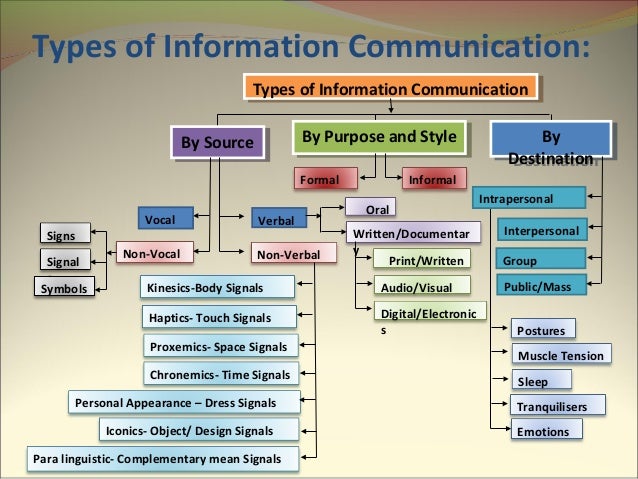 V. Lomonosov and Lavoisier, itself already sets the direction for the study of physical and chemical processes, orienting them towards the recognition of the material unity of the world, the discovery of the objective properties of matter, refutes the introduction of fictitious properties into the knowledge system, such as phlogiston or life-giving force. nine0003
V. Lomonosov and Lavoisier, itself already sets the direction for the study of physical and chemical processes, orienting them towards the recognition of the material unity of the world, the discovery of the objective properties of matter, refutes the introduction of fictitious properties into the knowledge system, such as phlogiston or life-giving force. nine0003
The structure of the methodological foundations in scientific research is quite complex. It includes philosophical, logical and private-scientific foundations, which form their own spheres of approaches and assessments to the facts obtained. These grounds interact with each other at the level of recognition of the priority of the epistemological concept.
The dialectical-materialist philosophical concept points to a number of methodological principles for the scientific solution of empirical cognitive problems. Among them is the objectivity of consideration, which requires that empirical information reflect the properties and features inherent in the object of study itself.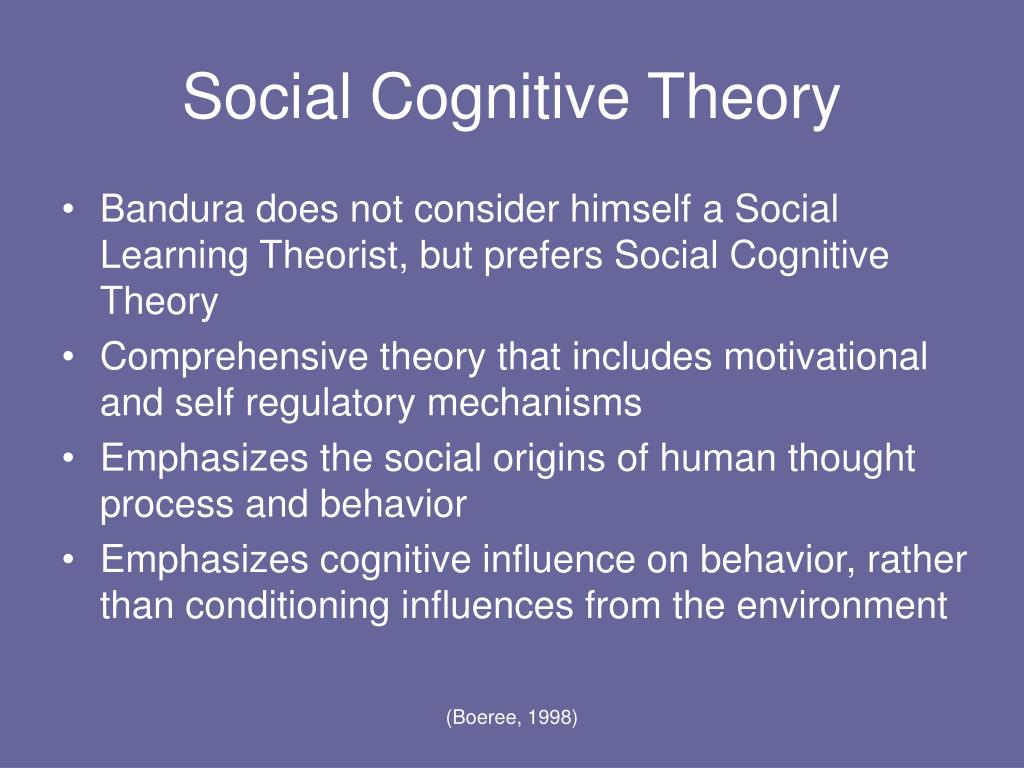 This is achieved by using various instruments in observation and experiment, although, as is known, in the study of the phenomena of the microcosm, the use of instruments introduces certain difficulties in revealing the objective properties of micro-objects. nine0003
This is achieved by using various instruments in observation and experiment, although, as is known, in the study of the phenomena of the microcosm, the use of instruments introduces certain difficulties in revealing the objective properties of micro-objects. nine0003
Requirements for the correspondence of empirical information to the objectives of the study are oriented towards a strict selection of facts that contribute to the solution of the task. Such facts should be essential to the process, not accidental.
The principle of theoretical validity of empirical knowledge consists in the requirement to proceed from theoretical ideas about a given subject area when formulating a specific empirical problem. It is an organic moment of the unity of empirical and theoretical knowledge. These general theoretical principles are directed against the subjective-idealistic and metaphysical interpretation of the essence of knowledge. We also note the difficulties of collecting and describing the facts of social life, since their vision and understanding depend on the theoretical preparedness of the researcher. The testimonies of eyewitnesses of events or their participants also cannot be interpreted as a basis for an objective reflection of a particular historical event. So, about the Great Patriotic War 1941-1945, which was waged by the peoples of the USSR and its army against German fascism, various authors give different assessments, up to the opposite. In such cases, the author's point of view is based on insufficient knowledge about the event, taking into account only minor aspects of the phenomenon. "Trench Truth" still does not give a deep understanding of the general plan of the entire military operation, known only to a narrow circle of people.
The testimonies of eyewitnesses of events or their participants also cannot be interpreted as a basis for an objective reflection of a particular historical event. So, about the Great Patriotic War 1941-1945, which was waged by the peoples of the USSR and its army against German fascism, various authors give different assessments, up to the opposite. In such cases, the author's point of view is based on insufficient knowledge about the event, taking into account only minor aspects of the phenomenon. "Trench Truth" still does not give a deep understanding of the general plan of the entire military operation, known only to a narrow circle of people.
It is impossible to assess the economic condition of the country's citizens on the basis of establishing the facts that store shelves are filled with goods in the absence of queues in them. It is necessary to know the purchasing power of the citizens of the country, the principles of remuneration for their labor, the employment of the population in productive activities, the way of life of the people, etc.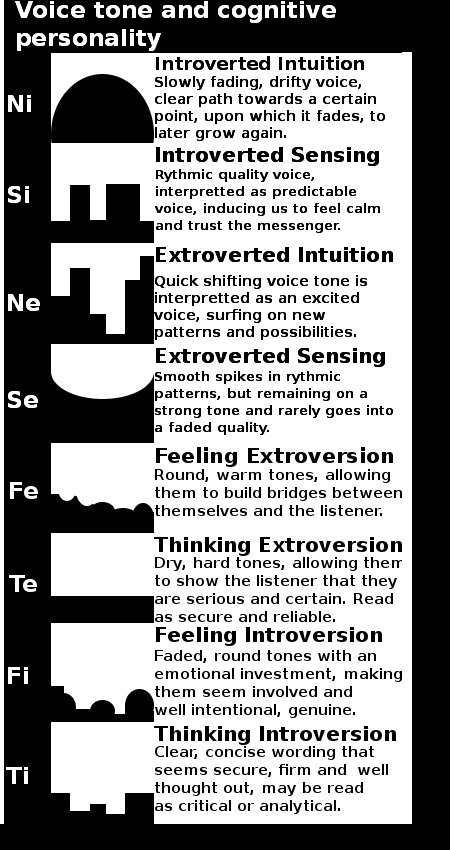 It is true that greatness is seen at a distance. The significance of a historical event is determined by its consequences, not by statements about what is expected. nine0003
It is true that greatness is seen at a distance. The significance of a historical event is determined by its consequences, not by statements about what is expected. nine0003
Theoretical cognitive tasks are related to the identification of deep types of connections, essential relationships and interdependencies between objects and their properties. Here the goal is to reveal the causal, regular connection of phenomena, to distinguish the necessary from the accidental and understand their relationship, to reveal the relationship between content and form, structure and function, external and internal, etc. The solution of theoretical problems is ultimately aimed at developing such forms of knowledge, as a hypothesis, law, theory. On the basis of this knowledge, it becomes possible to explain an object or process, to foresee their changes or transformations, “to manage them”. nine0003
Of course, on the way to the discovery of laws, the development of scientific hypotheses and theoretical concepts, a number of cognitive empirical and theoretical problems are first solved.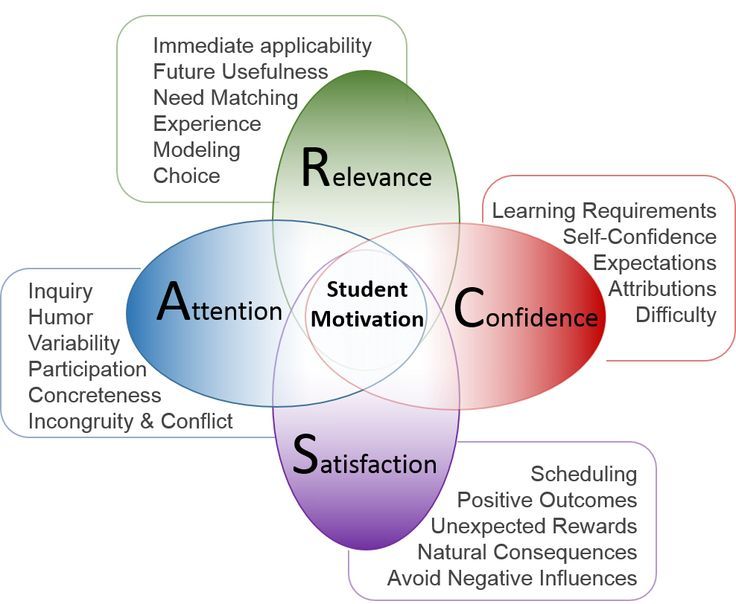 At the same time, the basis of their solution is ultimately the data of the empirical level of knowledge. However, the substantiation of a theoretical cognitive task involves going beyond the scope of directly observable facts. Theoretical cognitive tasks are solved on the basis of such cognitive methods as abstraction, idealization, formalization, analysis and synthesis, analogy, comparison, modeling, systematic approach, etc.
At the same time, the basis of their solution is ultimately the data of the empirical level of knowledge. However, the substantiation of a theoretical cognitive task involves going beyond the scope of directly observable facts. Theoretical cognitive tasks are solved on the basis of such cognitive methods as abstraction, idealization, formalization, analysis and synthesis, analogy, comparison, modeling, systematic approach, etc.
Understanding the difference between empirical and theoretical cognitive tasks in scientific research is of great methodological importance, it helps to understand the stages of the formation of knowledge, reveals the structure of scientific knowledge, and contributes to the conscious use of the laws of its development. It is known that the accumulation of empirical material, its description and classification according to certain features are the first step in the birth and development of special sciences. According to F. Engels, “in each separate field of research, there has become a downright irremovable need to arrange this material systematically and in accordance with its internal connection.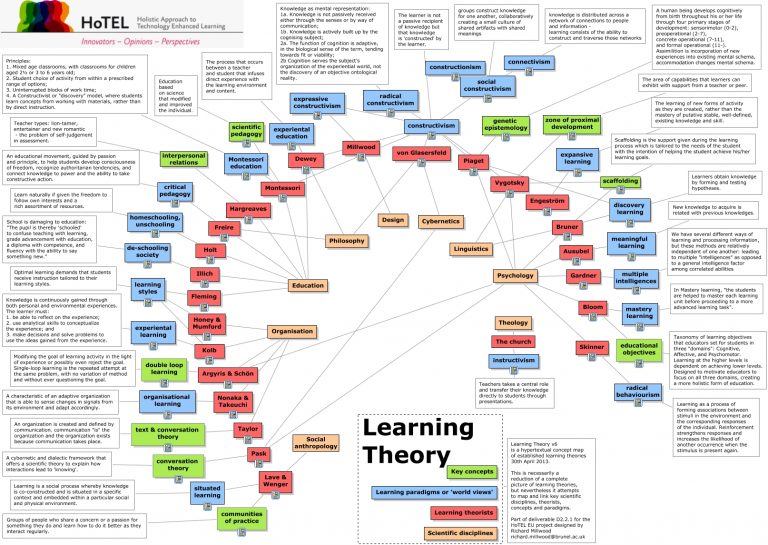 In the same way, the task of bringing individual areas of knowledge into the correct connection with each other becomes unavoidable. But, having taken up this task, natural science enters the theoretical realm, and here empirical methods turn out to be powerless, here only theoretical thinking can help.[4] nine0003
In the same way, the task of bringing individual areas of knowledge into the correct connection with each other becomes unavoidable. But, having taken up this task, natural science enters the theoretical realm, and here empirical methods turn out to be powerless, here only theoretical thinking can help.[4] nine0003
At the same time, it was found that the scientific solution of the problem of theoretical understanding of empirical material in one area or another (especially in physics, chemistry, biology, social sciences, etc.) becomes possible only from the standpoint of dialectics. This situation was most clearly analyzed by I. Kant in the Critique of Pure Reason.
Difficulties and errors in the development of scientific views on the phenomena of nature and society were largely associated with the influence of the metaphysical method of thinking and idealistic epistemology on the thinking of the scientist. However, starting from the 19th century, a breakthrough appeared in the development of the methodology of scientific knowledge, which was associated with the philosophical discoveries of G.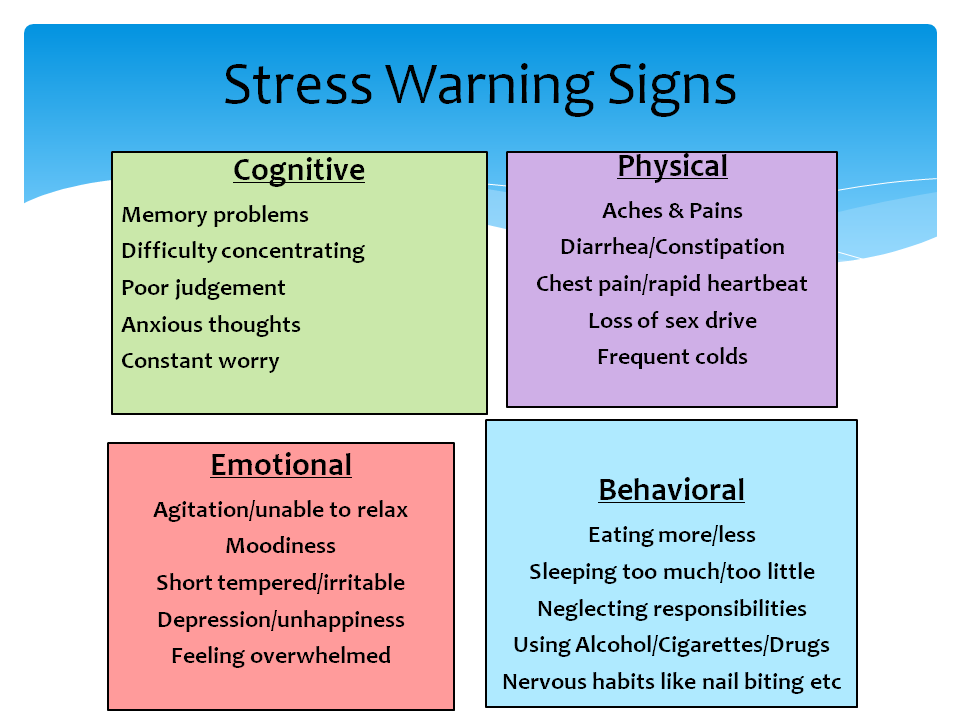 F. Hegel, L. Feuerbach, K. Marx, F. Engels. In the writings of these philosophers, as well as in the works of A. I. Herzen, N. G. Chernyshevsky, questions of the methodology of scientific knowledge become the subject of scientific research. nine0003
F. Hegel, L. Feuerbach, K. Marx, F. Engels. In the writings of these philosophers, as well as in the works of A. I. Herzen, N. G. Chernyshevsky, questions of the methodology of scientific knowledge become the subject of scientific research. nine0003
Methodological requirements for solving theoretical cognitive problems that guide the researcher are contained in the principles of dialectical logic that underlie the dialectical method. Among them is the unity of logical and historical, abstract and concrete, analysis and synthesis, idealization, extrapolation, etc. items. Thanks to this principle, the most general concepts are formed, with the help of which the laws of science are developed, various theoretical concepts are built. Thus, the disclosure of the process of development in society and the formulation of its laws are connected with the understanding of the very concept of "society", "the structure of society" (the constituent elements of the whole), "methods of interaction and interconnection of the constituent structures".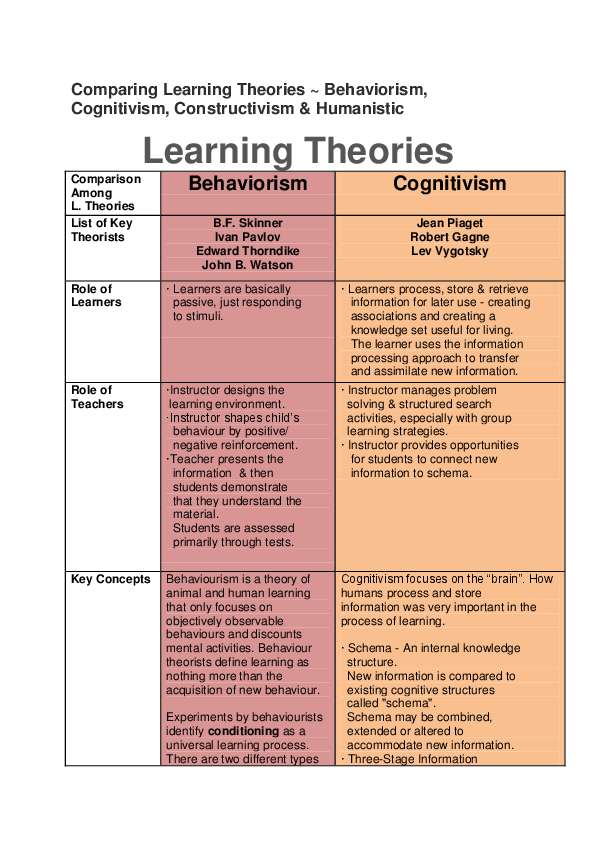 The concept of "public relations" contributes to the disclosure of the specifics of society as a system that is different from biological communities (herding). On the basis of such an analysis, it was concluded that the development of society cannot be understood as any changes taking place in it (for example, an increase or decrease in the number of population), but should be interpreted as qualitative transformations of the main types of social relations into other states that have a qualitatively new systemic connection. The researchers noted that the change in the forms of ownership of the main tools and means of production leads to the establishment of a new type of production, economic relations. In such cases, the nature of social relations in all types of activity, social, political, etc., differs from the previous one. We also note that the study of this particular scientific problem should be continued. nine0003
The concept of "public relations" contributes to the disclosure of the specifics of society as a system that is different from biological communities (herding). On the basis of such an analysis, it was concluded that the development of society cannot be understood as any changes taking place in it (for example, an increase or decrease in the number of population), but should be interpreted as qualitative transformations of the main types of social relations into other states that have a qualitatively new systemic connection. The researchers noted that the change in the forms of ownership of the main tools and means of production leads to the establishment of a new type of production, economic relations. In such cases, the nature of social relations in all types of activity, social, political, etc., differs from the previous one. We also note that the study of this particular scientific problem should be continued. nine0003
In the author's opinion, a deeper study of this type of social relations, such as social relations, which have a complex structure that distinguishes them from political and economic ones, is required.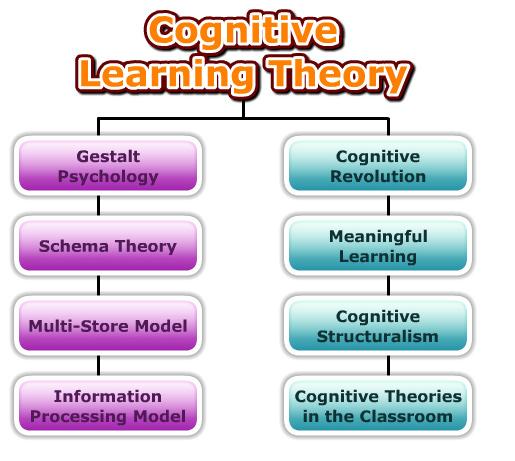 In socio-political literature, the concepts of "public" and "social" are often used as synonyms and do not indicate significant differences in the laws of functioning of one or another type of social relations.
In socio-political literature, the concepts of "public" and "social" are often used as synonyms and do not indicate significant differences in the laws of functioning of one or another type of social relations.
Thus, with the help of the abstraction method, any phenomenon is comprehended comprehensively, since its connection with other phenomena is established. The summation, the synthesis of these connections, expressing an essential relationship, already gives us an idea of a specific relationship. For example, it is possible to trace the development of capitalist property relations from the birth of capitalism to the present day. At present, interethnic monopolies have arisen, and a certain part of the workers have become shareholders of enterprises whose fixed capital belongs to one or a group of owners. nine0003
Idealization as a method of cognition means, firstly, the process of forming assumptions and assumptions, and, secondly, the process of creating special, idealized objects.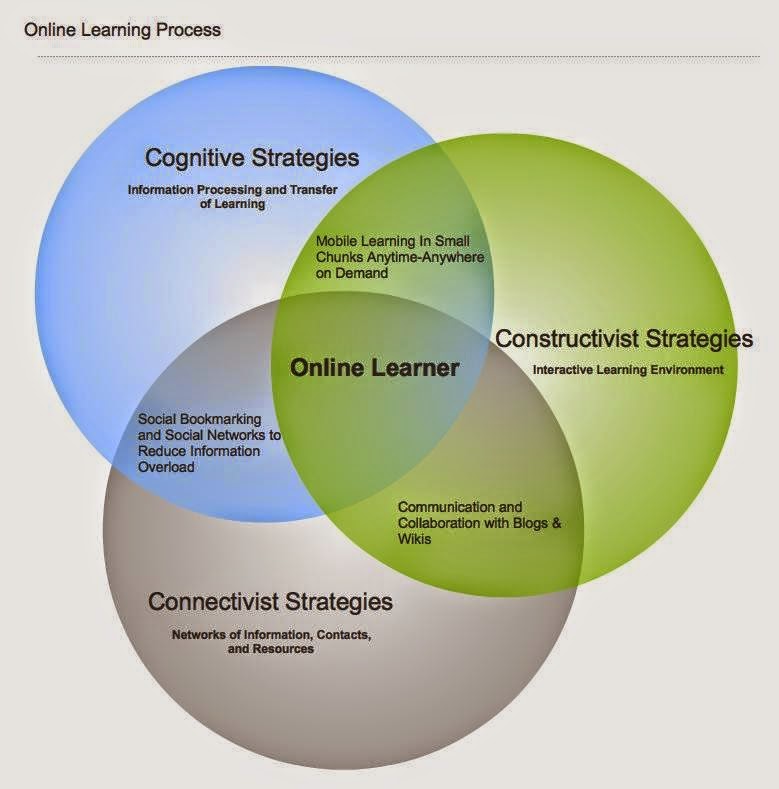 In the second case, idealization means the transition to some definite, but in reality, impracticable limiting value of the property. In science, such concepts as "ideal gas", "absolutely black body", etc., obtained on the basis of idealization, are often used. With the help of idealization, such cognitive tasks as the discovery of the laws of nature and society are solved. When identifying the features of the law, they are distracted from insignificant, random, temporary connections and relationships that always take place, characterizing the features of a particular phenomenon, its uniqueness. It is known that K. Marx used this method of studying the laws of development of capitalism, taking as a basis its formation in the conditions of England, which was the first to pave the way to a society different from feudalism. nine0003
In the second case, idealization means the transition to some definite, but in reality, impracticable limiting value of the property. In science, such concepts as "ideal gas", "absolutely black body", etc., obtained on the basis of idealization, are often used. With the help of idealization, such cognitive tasks as the discovery of the laws of nature and society are solved. When identifying the features of the law, they are distracted from insignificant, random, temporary connections and relationships that always take place, characterizing the features of a particular phenomenon, its uniqueness. It is known that K. Marx used this method of studying the laws of development of capitalism, taking as a basis its formation in the conditions of England, which was the first to pave the way to a society different from feudalism. nine0003
When applying the method of idealization in the cognition of the laws of society, it must be borne in mind that the general as a limiting case of relations always manifests itself in the special, which is created by a specific spatio-temporal determination and requires special studies.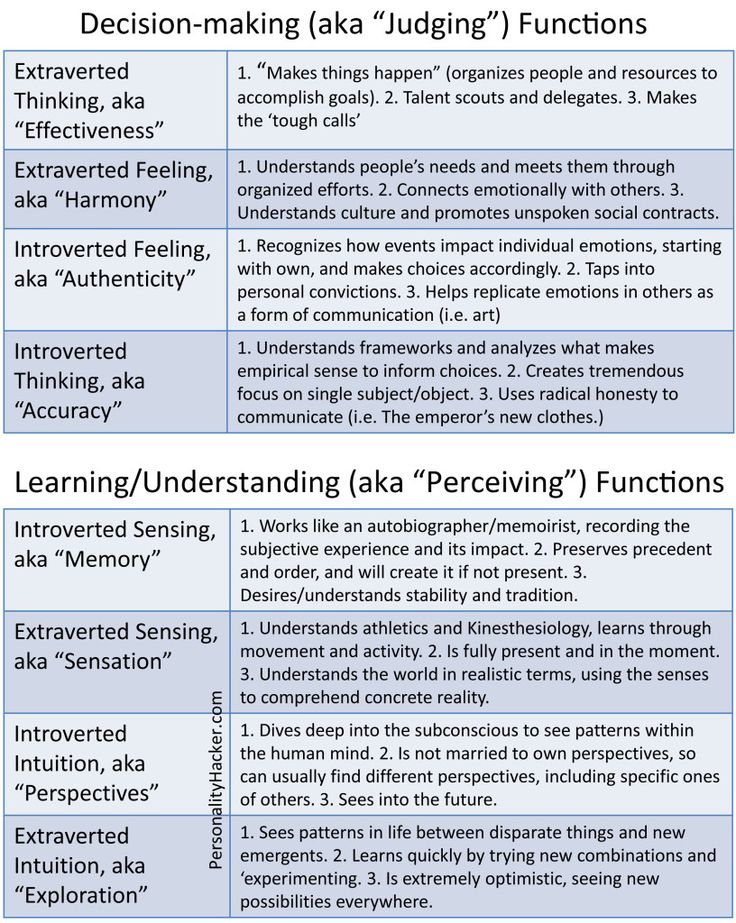 It does not cancel the general, since the general exists both in the individual and in the particular. But the manifestation of a particularity poses the researcher the task of identifying the paths of movement of the general, and there may be several of them. A specific feature can give a new variant of the development of the process, previously unknown to science. So, for example, the process of development of capitalist relations in agriculture in Russia is "burdened" by its natural and climatic features and the archetype of life arrangement in almost all basic types of life activity that require the collectivist efforts of the social subject. In fact, neither the Prussian nor the American ways of capitalizing agricultural production turned out to be unacceptable for Russia. It is this feature of the development of the Russian village that explains why on October 19In 1717, the vast majority of peasants accepted the political slogans of the Bolsheviks, and not the political parties that supported the policy of the Provisional Government of Russia.
It does not cancel the general, since the general exists both in the individual and in the particular. But the manifestation of a particularity poses the researcher the task of identifying the paths of movement of the general, and there may be several of them. A specific feature can give a new variant of the development of the process, previously unknown to science. So, for example, the process of development of capitalist relations in agriculture in Russia is "burdened" by its natural and climatic features and the archetype of life arrangement in almost all basic types of life activity that require the collectivist efforts of the social subject. In fact, neither the Prussian nor the American ways of capitalizing agricultural production turned out to be unacceptable for Russia. It is this feature of the development of the Russian village that explains why on October 19In 1717, the vast majority of peasants accepted the political slogans of the Bolsheviks, and not the political parties that supported the policy of the Provisional Government of Russia. The same circumstance explains why Stolypin's reforms failed in Russia, and in the days of "perestroika" and "reforms" there is no farming of the Russian countryside. Historically, only the colonial path of capitalism can develop in Russia, which is confirmed by the pre-October and "perestroika" history of the country. Any attempts by politicians to explain the history of our country by deceit or gullibility of the main working masses of the country cannot be accepted when understanding the features of Russian civilization. The capitalization of Russia will lead to its destruction as a single multinational community, weakening its status as a separate geopolitical unit. nine0003
The same circumstance explains why Stolypin's reforms failed in Russia, and in the days of "perestroika" and "reforms" there is no farming of the Russian countryside. Historically, only the colonial path of capitalism can develop in Russia, which is confirmed by the pre-October and "perestroika" history of the country. Any attempts by politicians to explain the history of our country by deceit or gullibility of the main working masses of the country cannot be accepted when understanding the features of Russian civilization. The capitalization of Russia will lead to its destruction as a single multinational community, weakening its status as a separate geopolitical unit. nine0003
We also note that extrapolation also means the extension of theoretical conclusions related to the studied facts to new facts of this kind or to a wider area of reality, including in the form of forecasts (assumptions about the future). It is known that
K. Marx, studying the development of capitalism on the example of one country, made general theoretical conclusions about the operation of the laws of the functioning of capitalism as a common economic system for the countries of Western Europe.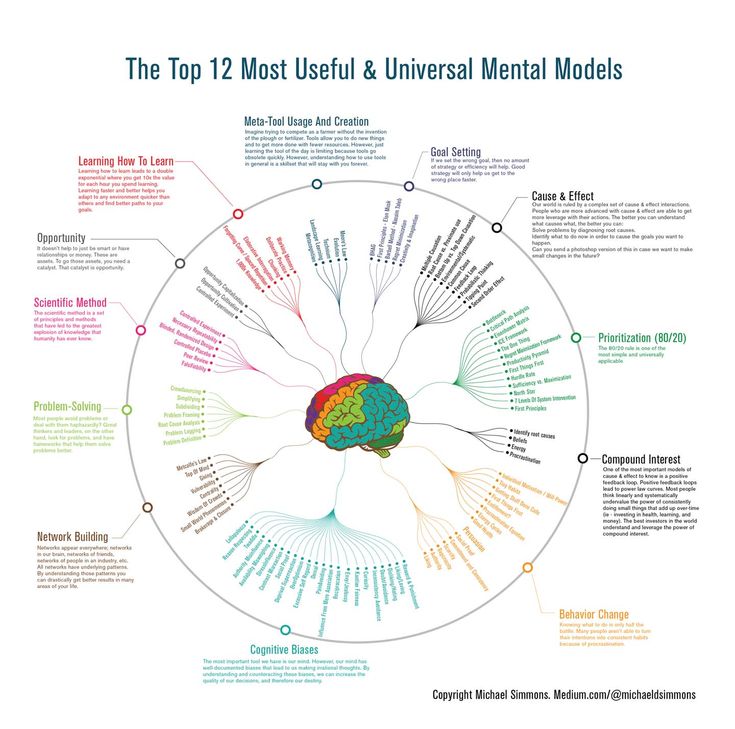 Later, he agreed with the conclusions of the Russian revolutionaries that our country, in the transition to socialism, could bypass the developed capitalist stage. The history of the USSR provides rich material for understanding the ways in which general trends in the history of the socialization of the means of production and the ways in which distribution relations in society develop. nine0003
Later, he agreed with the conclusions of the Russian revolutionaries that our country, in the transition to socialism, could bypass the developed capitalist stage. The history of the USSR provides rich material for understanding the ways in which general trends in the history of the socialization of the means of production and the ways in which distribution relations in society develop. nine0003
At present, the peculiarities of the development of capitalism in the countries of Southeast Asia are being studied, the specifics of transnational monopoly capitalism, which has established itself in Indonesia, Hong Kong, Malaysia and other countries, is being revealed. Here we meet with a new way of the international division of labor, when the achievements of electronics can connect the economies of the planet and previously backward countries to the dollar regulation. The current unipolar world is fraught with an ecological catastrophe for mankind. The sustainable nature of world development is possible only in a bipolar world. nine0003
nine0003
The extrapolation method plays an important role in the construction of theoretical concepts in the natural sciences. For example, many laws of physics are extrapolated to wider areas of nature, to astrophysics, geology. And those, in turn, extend not only to the stellar worlds or planetary systems, but also to their past and foreseeable future. Each historical period in the development of science has its own specific ideals and methodological approaches to understanding reality. Nowadays, humanity is entering the era of awareness of its cognitive activity from the standpoint of synergetics, based on the ideas of systemicity, the integrity of the world and scientific knowledge, the commonality of the patterns of development of objects at all levels of material and spiritual organization. Mankind is developing a new, synergetic style of thinking, including the laws of science and their interaction. nine0003
Through analysis, the content of the studied phenomena is divided and differentiated both at the empirical and theoretical levels. Analytical cognitive actions are aimed at identifying and classifying various characteristics, at studying their qualitative and quantitative features. With the help of analysis, internal, essential connections are revealed, on the basis of which it is possible to reveal the law of phenomena or develop a theory, which takes place already at the stage of synthesis, i.e., the generalization of acquired knowledge. Here a deeper and fuller knowledge of the concrete is attained. nine0003
Analytical cognitive actions are aimed at identifying and classifying various characteristics, at studying their qualitative and quantitative features. With the help of analysis, internal, essential connections are revealed, on the basis of which it is possible to reveal the law of phenomena or develop a theory, which takes place already at the stage of synthesis, i.e., the generalization of acquired knowledge. Here a deeper and fuller knowledge of the concrete is attained. nine0003
The solution of a number of theoretical problems requires that the process under study receive a developed form, because only the formed integrity (system) will make it possible to identify the main connections and interdependencies of its functioning. K. Marx's point is absolutely correct that the discovery of the law of value became possible as a result of developed commodity production, as a result of which the dependence of commodity producers on each other became obvious. Separate private producers, acting independently of each other, but bound by the developed division of labor, were finally able to identify the basis for self-regulation of these relations - a proportional measure for the exchange of the products of their work.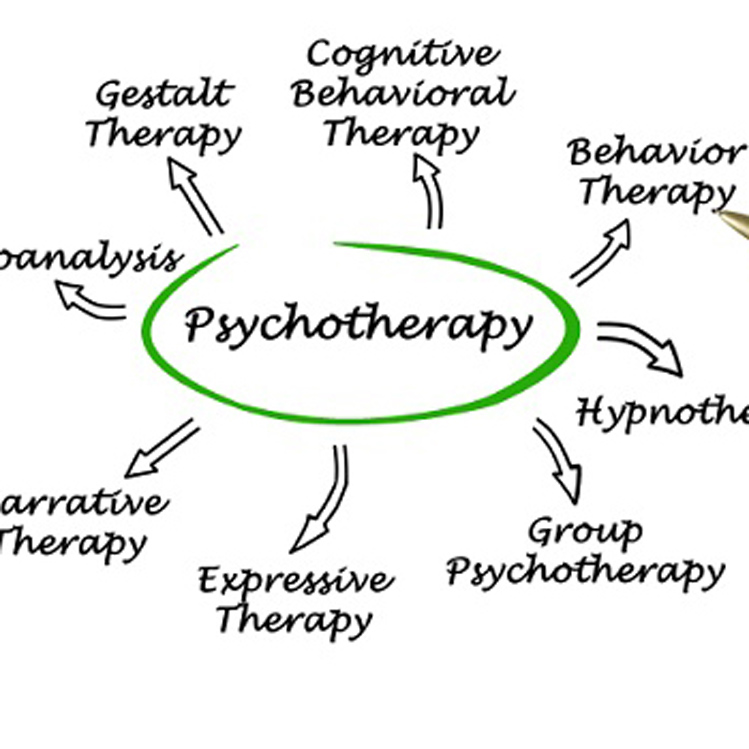 The present is always connected with the past, with the history of its formation. Therefore, the logical in its removed form contains the historical process of the development of the phenomenon. What market regulator of economic relations can be discussed if there is no interdependence of producers in the regions or the country as a whole? nine0003
The present is always connected with the past, with the history of its formation. Therefore, the logical in its removed form contains the historical process of the development of the phenomenon. What market regulator of economic relations can be discussed if there is no interdependence of producers in the regions or the country as a whole? nine0003
Knowledge gained in solving empirical and theoretical problems is interpreted on the basis of a certain logical-epistemological and worldview methodological concept. Their adequacy and completeness of the description of the object under study, interpretability and verifiability, truth and reliability, as well as information content are determined. The acquired knowledge is evaluated from the point of view of existing ideas about the object of study, their influence on other theories and hypotheses is revealed.
Summarizing the history of the development of dialectical materialist methodology, it is necessary to formulate the basic principles that underlie the acquisition, construction and analysis of scientific knowledge.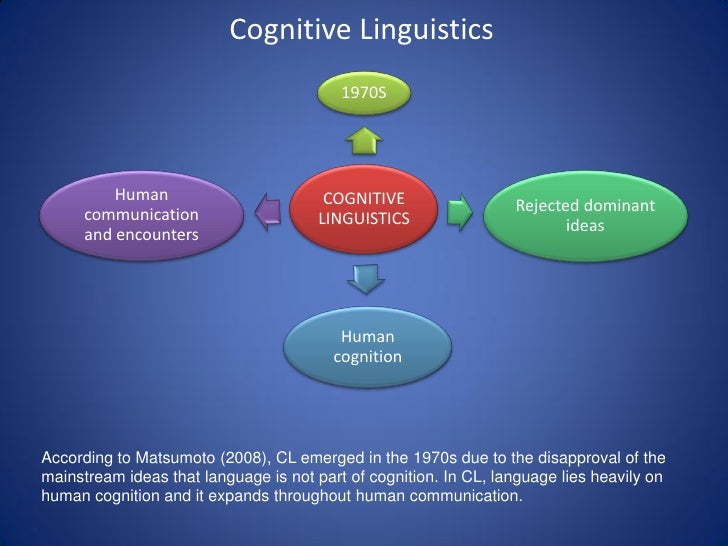 First of all, these are the principles of objectivity of consideration, knowability, determinism, development, historicism, partisanship, unity of theory and practice.
First of all, these are the principles of objectivity of consideration, knowability, determinism, development, historicism, partisanship, unity of theory and practice.
The principle of objectivity in dialectical-materialistic epistemology expresses the recognition of the objectivity of truth, that is, such content of knowledge that does not depend on man and mankind. This provision means that the world exists independently of a person and is reflected in his mind on the basis of practical activity. Moreover, this reflection can be adequate to the thing and its properties. From the point of view of this principle, such concepts of science as the object of study, its subject, thing, properties were formed. Relationships, as well as the categories of scientific epistemology: objective truth, relative and absolute truth, concrete truth, etc. These categories reflect the results of cognitive activity and allow us to substantiate their truly objective criterion. nine0003
The concept of objectivity in the philosophy of objective idealism is associated with the recognition of the existence of an absolute idea, which, under certain conditions, is embodied in one or another subjective spirit. Subjective idealism reduces the objective to universally valid knowledge. The principles of objectification of the subjective spirit and universal validity do not withstand scientific verification, since delusion can also be universally valid, and whether the subjective spirit coincides with the objective absolute idea is determined on the basis of the accepted logical system of movement of the concept by the triad method. Neopositivists substantiate the truth of knowledge by “verification” or “falsification”, which is associated with the identification of the relationship of the concept with the data of sensory experience and the achievement of logical consistency of statements about the properties of the subject. nine0003
Subjective idealism reduces the objective to universally valid knowledge. The principles of objectification of the subjective spirit and universal validity do not withstand scientific verification, since delusion can also be universally valid, and whether the subjective spirit coincides with the objective absolute idea is determined on the basis of the accepted logical system of movement of the concept by the triad method. Neopositivists substantiate the truth of knowledge by “verification” or “falsification”, which is associated with the identification of the relationship of the concept with the data of sensory experience and the achievement of logical consistency of statements about the properties of the subject. nine0003
Modern science most often uses the methodology of dialectical materialism to explain the acquired knowledge, which is associated with an accurate indication of the initial principles of cognition and criteria for evaluating the results of knowledge about the object of study.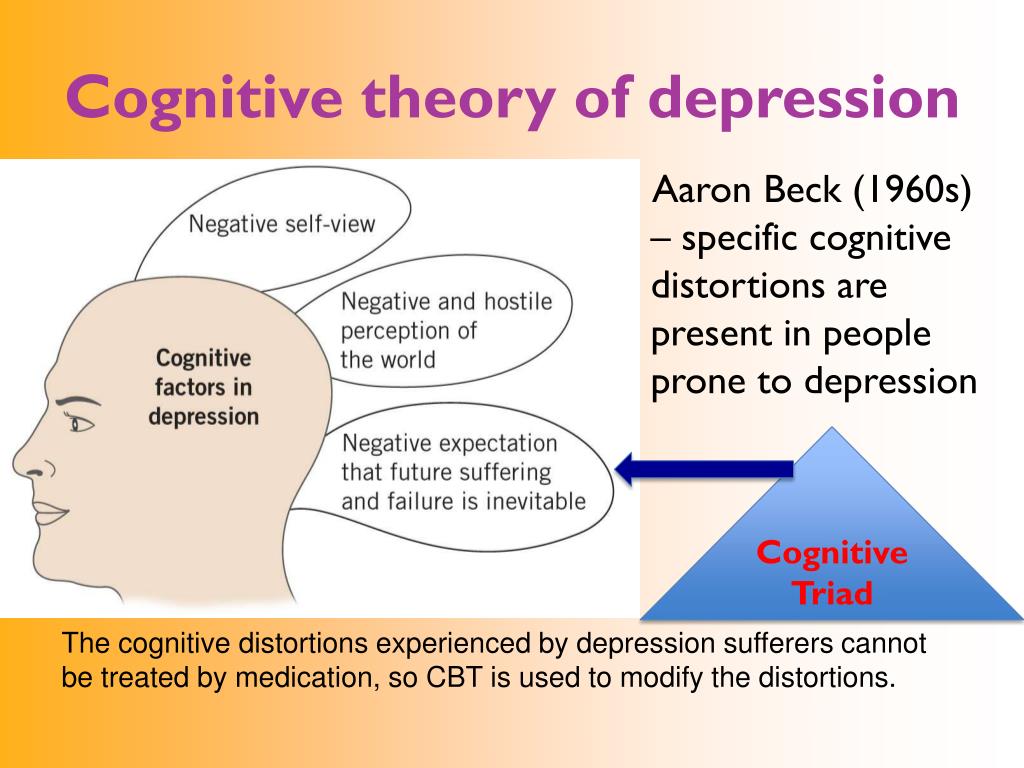
The principle of the material unity of the world indicates the epistemological meaning of the concept of matter, while emphasizing the essence of the ideal as a copy, image of the material. And this position is proved by the whole history of the development of natural science and philosophy. nine0003
The essence of the principle of knowability is to substantiate the absence of a fundamental boundary between the phenomenon and the “thing in itself”. The learning process is endless. It goes from the phenomenon to the essence, from the essence of the first order to the essence of the second order, and so on without end. From one relative truth to another, more complete and more accurately reflecting the properties of phenomena. Human sense organs, his mind, the successes of industry and agriculture, science and technology show the boundlessness of human knowledge. nine0003
The deterministic approach in cognition means that some established characteristics (scientific facts) must be placed in a strictly defined dependence on others, that a change in one property is caused by a change in others. Along with causality, this principle includes structural and functional approaches to the study of phenomena.
Along with causality, this principle includes structural and functional approaches to the study of phenomena.
The principles of development and historicism require tracing qualitative changes and transformations of the studied phenomena in time and space. However, the requirement of the principles of development and historicism should not be identified, although they are closely related to each other. If the principle of development orients the researcher to the discovery of changes, transitions, transformations, then the principle of historicism focuses on the fact that the unity, the connection of qualitatively different stages that the phenomenon under study has passed in its development is traced, so that it is studied in the genetic aspect. nine0003
The principle of party spirit in cognition and, consequently, in solving any cognitive task is that the researcher, whether he realizes it or not, always adheres to certain epistemological and methodological guidelines, from the positions of which he organizes and interprets the knowledge received. It should be emphasized that the non-scientific worldview, idealistic and metaphysical principles create serious difficulties in the development of knowledge, and ultimately lead to crises in the sciences. nine0003
It should be emphasized that the non-scientific worldview, idealistic and metaphysical principles create serious difficulties in the development of knowledge, and ultimately lead to crises in the sciences. nine0003
The principle of the unity of theory and practice expresses the interdependence of object-sensory and cognitive-theoretical activity, as a result of which the material of observations, measurements and experiment is accumulated and the problem of its comprehension at the level of one or another entity is solved.
These methodological principles contain knowledge that makes it possible to construct existing representations into a system based on more general concepts, the content of which is to some extent expressed in these principles. Thus, the methodological function of these principles consists in their ability to synthesize, organize knowledge into a deductive system of a conceptual series (or set). nine0003
Methodological principles are included by their content in the knowledge of sciences.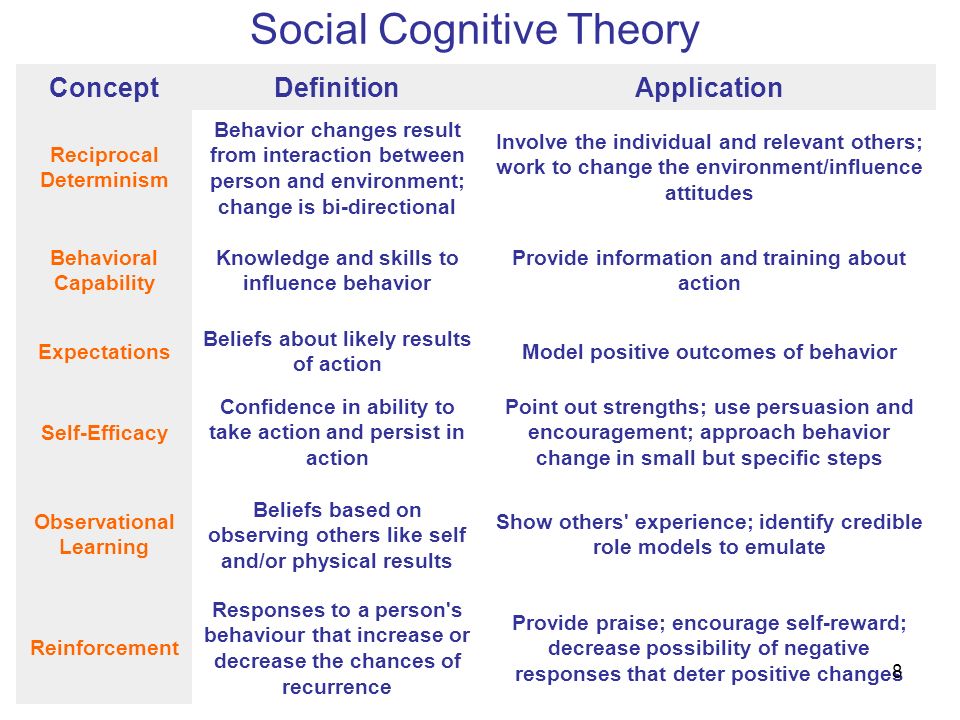 The concepts of physics and mechanics are filled with the content of specific knowledge at a certain level of reflection. The concepts of "body" and "field" distinguish the qualitative states of matter. They are not interchangeable, but are related to the category "matter". Any specific science, as synthesizing principles, can proceed from the most general laws that characterize one or another form of the movement of matter - mechanical, physical, chemical, biological, social. nine0003
The concepts of physics and mechanics are filled with the content of specific knowledge at a certain level of reflection. The concepts of "body" and "field" distinguish the qualitative states of matter. They are not interchangeable, but are related to the category "matter". Any specific science, as synthesizing principles, can proceed from the most general laws that characterize one or another form of the movement of matter - mechanical, physical, chemical, biological, social. nine0003
Such a role in the natural sciences is played, for example, by the law of conservation and transformation of energy, the connection between mass and motion, etc. superstructure.
The whole system of philosophical knowledge, since it does not act as a means of solving special cognitive and practical tasks in a particular science, performs primarily a general methodological function that determines the strategy of science and the nature of the interpretation of facts. The effectiveness of its implementation depends on the nature of the philosophical system, the degree of its scientific character, as well as on the philosophical richness of the theoretical field of natural and social sciences.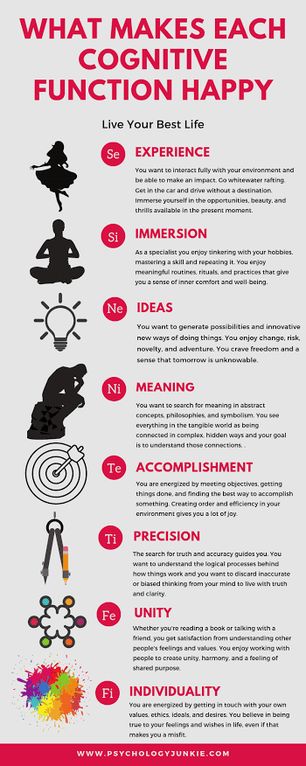 nine0003
nine0003
A special type of research tasks are the creation, design of ways, methods, techniques for synthesizing new knowledge, i.e., the introduction of new features, relationships, signs into the system of existing conceptual relationships, due to which the volume of previous ideas about the subject expands. This kind of cognitive tasks some scientists call constructive . There are a number of sciences that explore the constructive abilities of thinking, formulating methods for solving theoretical concepts to explain the phenomena of nature and society[5]. nine0003
F. Engels rightly noted that the actual empirical material accumulated in a certain area requires streamlining and systematization, that is, raising it to the level of theoretical generalization [6].
The construction of theoretical knowledge in one form or another (in the form of a hypothesis, law, private or general theory) is a transition to a systematic logical substantiation of a number of facts, finding the common in them and its expression in a system of certain concepts. The solution of this problem is associated with the use of modeling, analogy, comparison. One of the forms of constructive tasks is the development of a hypothesis. According to D. I. Mendeleev, hypotheses “give harmony and simplicity, which are difficult to achieve without their assumption. The whole history of science shows this. Therefore, we can safely say: it is better to stick to such a hypothesis, which may turn out to be wrong in time, than none. Hypotheses facilitate and make correct scientific work – the search for truth, just as the farmer’s plow facilitates the cultivation of useful plants”[7]. nine0003
The solution of this problem is associated with the use of modeling, analogy, comparison. One of the forms of constructive tasks is the development of a hypothesis. According to D. I. Mendeleev, hypotheses “give harmony and simplicity, which are difficult to achieve without their assumption. The whole history of science shows this. Therefore, we can safely say: it is better to stick to such a hypothesis, which may turn out to be wrong in time, than none. Hypotheses facilitate and make correct scientific work – the search for truth, just as the farmer’s plow facilitates the cultivation of useful plants”[7]. nine0003
Scientific hypotheses pave the way for the formulation of the laws of science, which bring the relationship of the sides of the essence into unity, single out the general, stable, repetitive, and get rid of the secondary, changeable.
The formation of ideas about the law as a theory begins with the synthesis of facts based on the categorically logical apparatus of a particular science, often with the use of mathematics.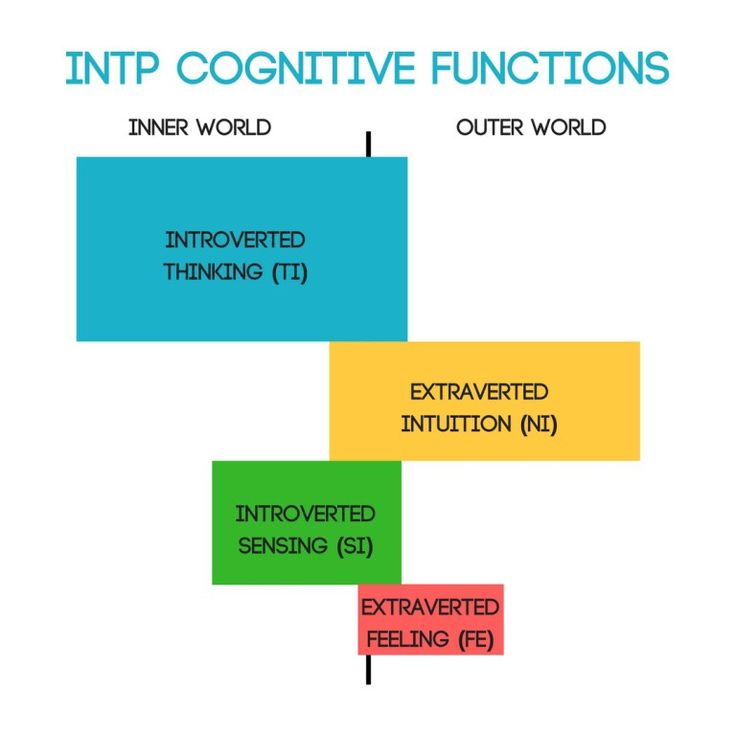 The theory, as a rule, implements explanatory, predictive and synthesizing functions.
The theory, as a rule, implements explanatory, predictive and synthesizing functions.
In any scientific research, when solving empirical, theoretical, constructive cognitive tasks, logical cognitive tasks also arise. Their essence is reduced to the analysis of logical-conceptual and linguistic means of expressing knowledge, methods and rules for its construction and proof (features of knowledge, rules of logical consequence).
The concept of "logical problems of science" refers to the tasks of research (analysis) of logical forms of thinking used in a given science, their structures,
as well as logical methods of building knowledge (deductive, inductive, analogy, hypothesis).
There are two groups of cognitive logical tasks. One group of such problems arises in the deductive sciences (mathematics, logic). They basically come down to the study of the logical foundations of these sciences (axioms, postulates), as well as the rules for the logical operation of knowledge and the rules for constructing an inference. These problems may also arise in the empirical sciences, in which the mathematical apparatus is widely used. nine0003
These problems may also arise in the empirical sciences, in which the mathematical apparatus is widely used. nine0003
The second type of logical cognitive tasks is associated mainly with the empirical sciences. Such tasks are faced by the researcher during the logical comprehension of the initial knowledge, which constitutes a necessary condition for the formulation of a scientific problem (what is this or that statement in a certain system of knowledge: the initial principle, hypothesis, inferential knowledge, etc.). The lack of skills in the logical analysis of knowledge creates certain difficulties in assessing the hypotheses put forward and the formulated laws. A number of logical tasks are conditioned by the very organization of scientific research. These tasks are associated with the identification of the rules for formulating cognitive tasks, the studied forms of inferences that are used in their solution, with the establishment of means for verifying the laws obtained. nine0003
It is known, for example, that when selecting and classifying the symptoms of a disease (facts), as well as when determining a diagnosis, a doctor operates with his knowledge and logical and linguistic means of expressing them.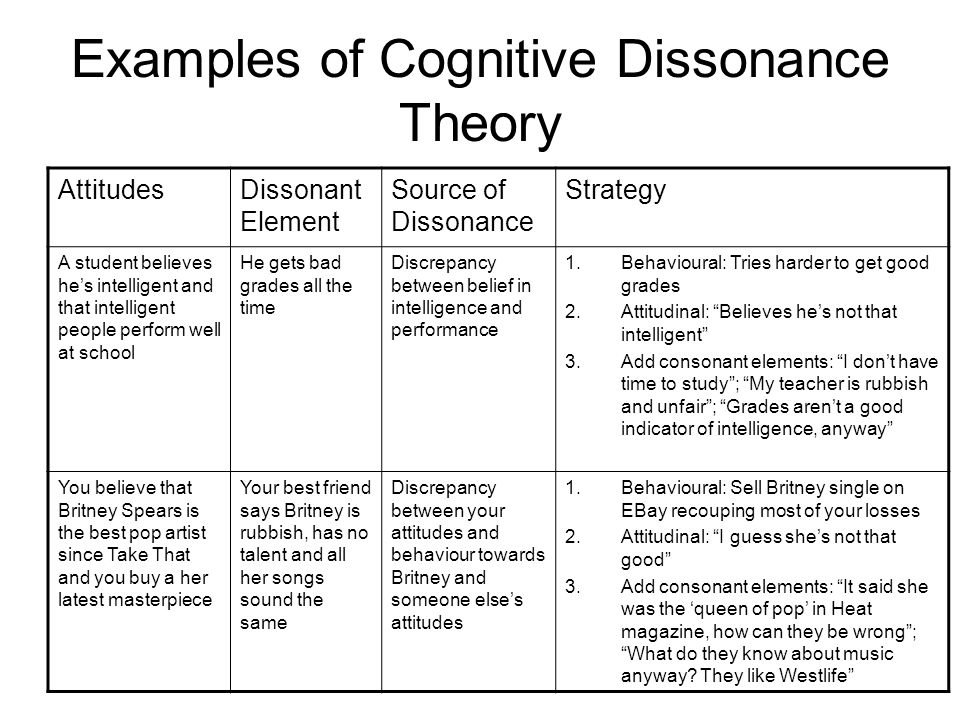 Comparing the identified symptoms of the disease with the nosological regular conditions known to medical science, he must logically substantiate these symptoms as the result of the manifestation of this particular disease, and not another.
Comparing the identified symptoms of the disease with the nosological regular conditions known to medical science, he must logically substantiate these symptoms as the result of the manifestation of this particular disease, and not another.
Revealing the course of the researcher's thinking in its logical division in the construction of hypotheses or theories is one of the important scientific problems. Its solution enables each scientist to control the logic of their cognitive actions. A number of logical problems arise when constructing a theory, formulating laws, developing hypotheses. They are associated with the development of the conceptual apparatus used to build a logically coherent system of knowledge. This includes issues of definition of concepts, clarification of the terms used, logical consequence, etc.
In conclusion, we note that the solution of cognitive problems also includes the justification of certain general and particular, special methods on the basis of which they were solved.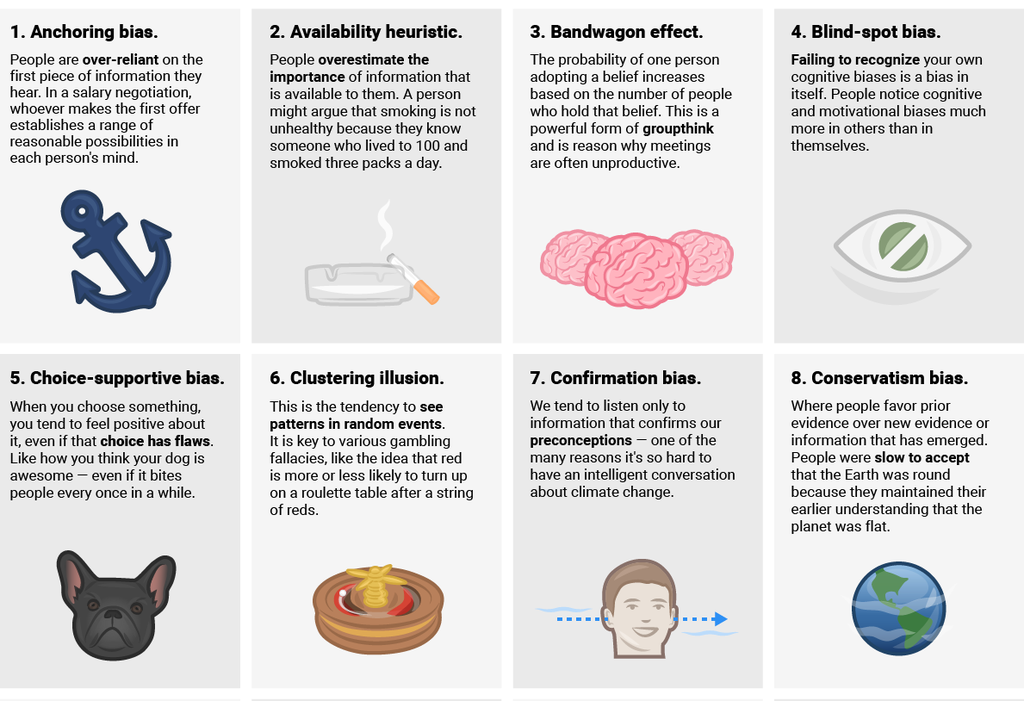 The acquired knowledge should have the following features: relate to the studied characteristics or aspects of the object of study, have empirical verifiability, consistency, be expressed in concepts that have a logically unambiguous character. Their truth is checked on the basis of practical activity.
The acquired knowledge should have the following features: relate to the studied characteristics or aspects of the object of study, have empirical verifiability, consistency, be expressed in concepts that have a logically unambiguous character. Their truth is checked on the basis of practical activity.
We also note that everyday knowledge is guided by a spontaneous-empirical worldview and its principles are not substantiated by the cognizing subject. This circumstance makes it possible to impose on the listener ideological attitudes that do not reflect the real process of development of social phenomena, that is, to manipulate their thinking. The sovereignty of the researcher's thinking is manifested only with logically controlled thinking, which is achieved by mastering philosophy and logic. nine0003
[1] See: Ruzavin GI Methodology of scientific research. M., 1999.
[2] See: Philosophical Encyclopedia. M., 1970. V. 5. S. 298.
[3] K. Marx, F. Engels Soch. 2nd ed.